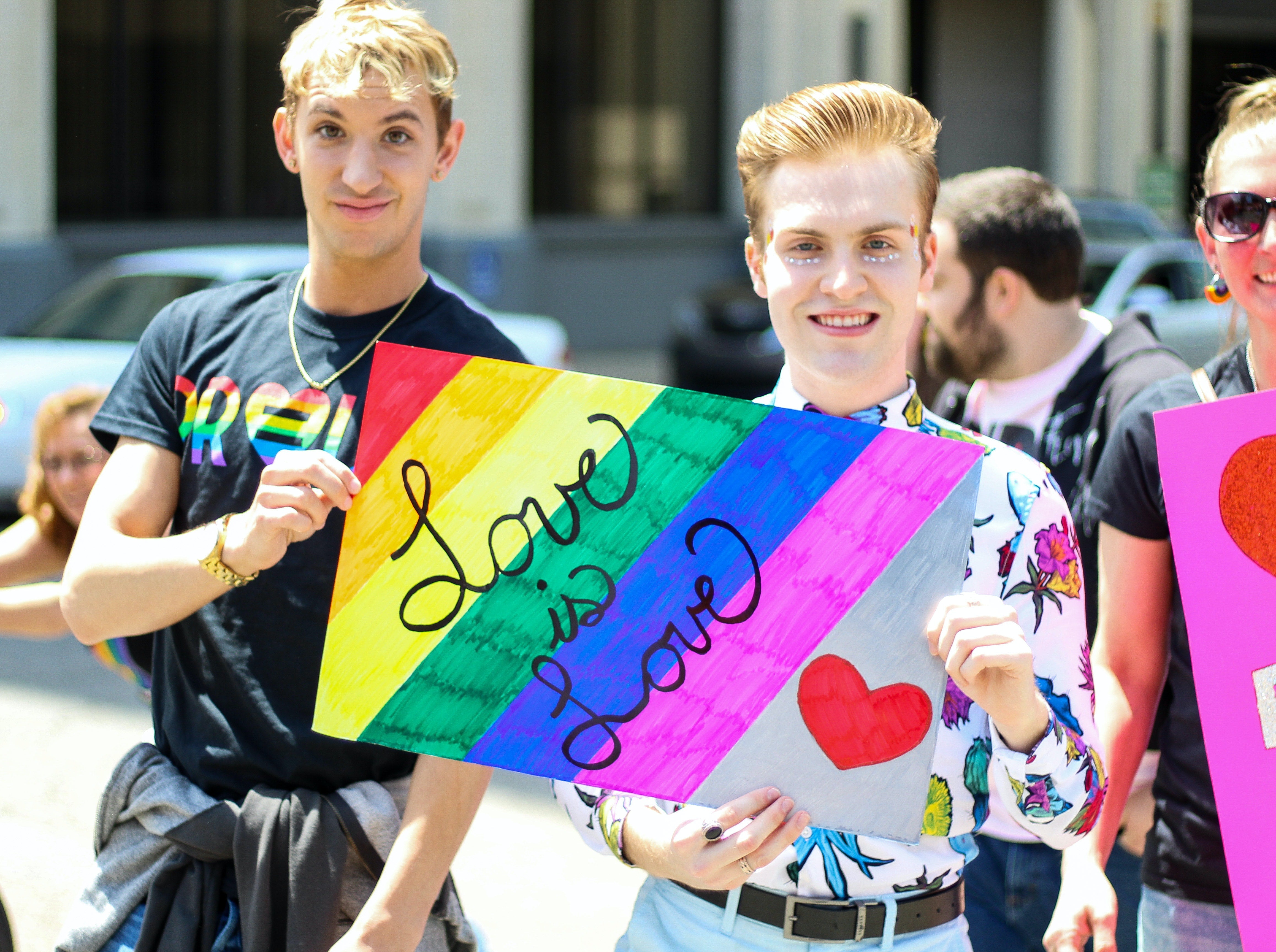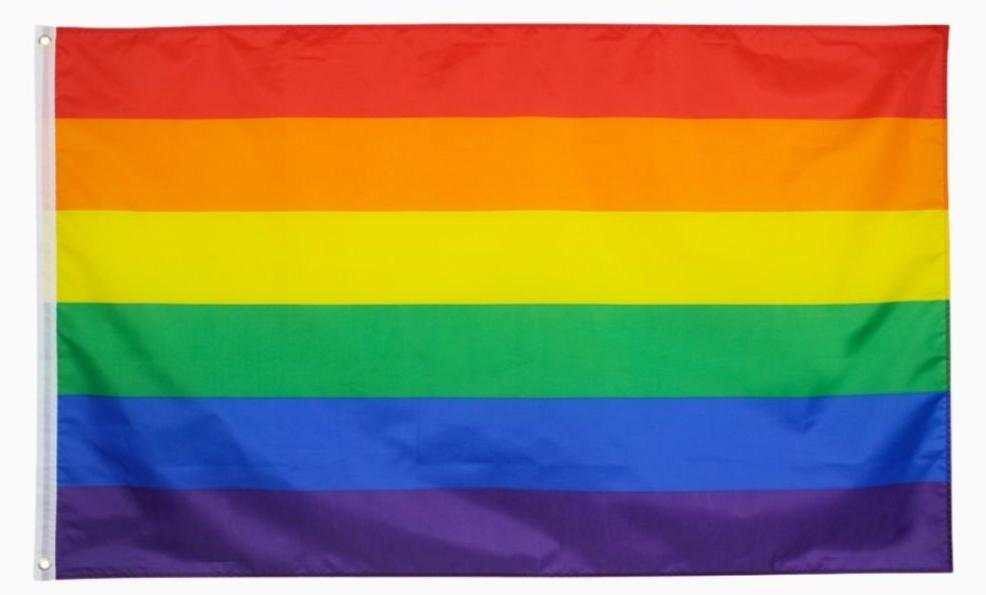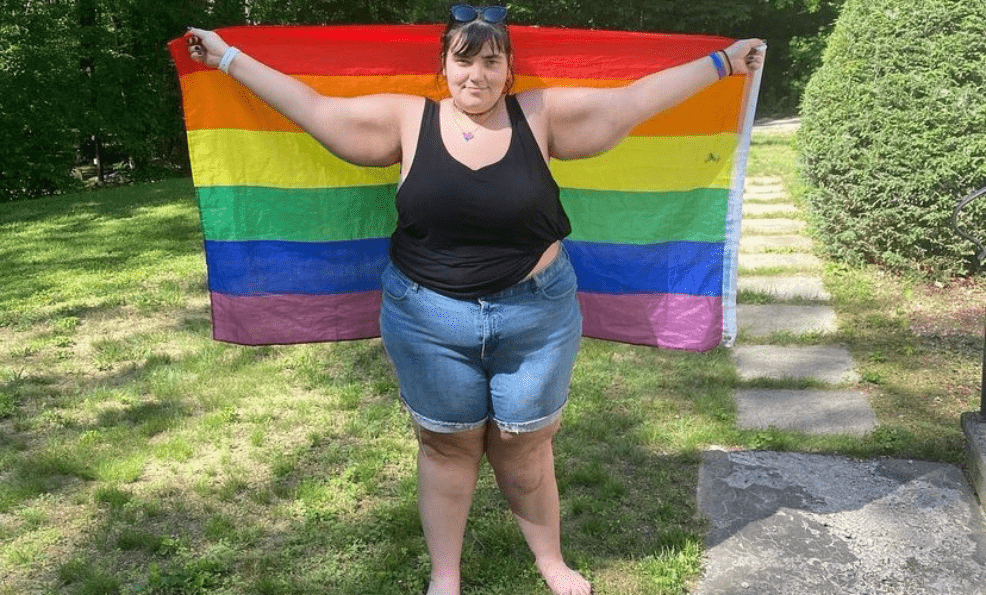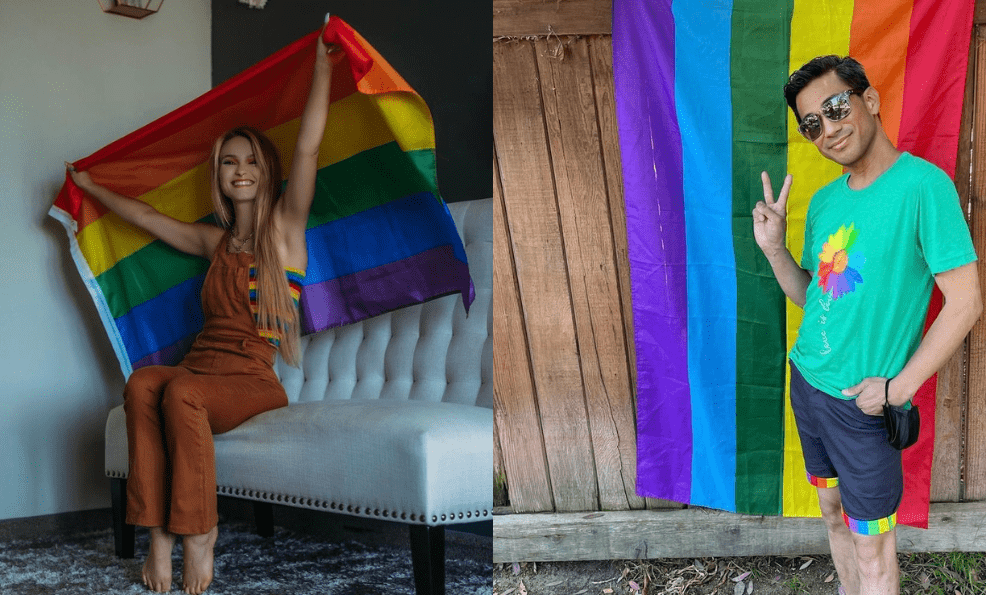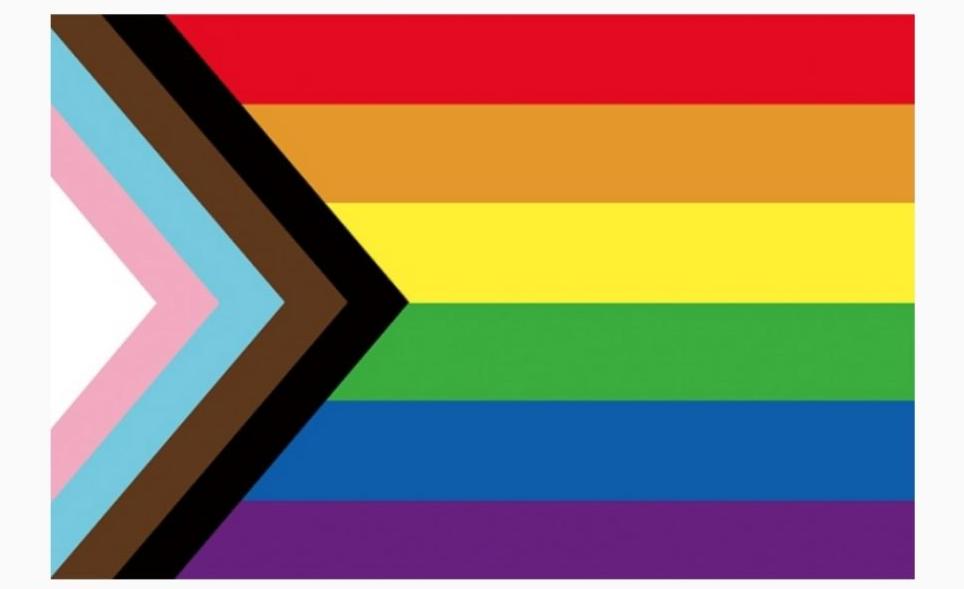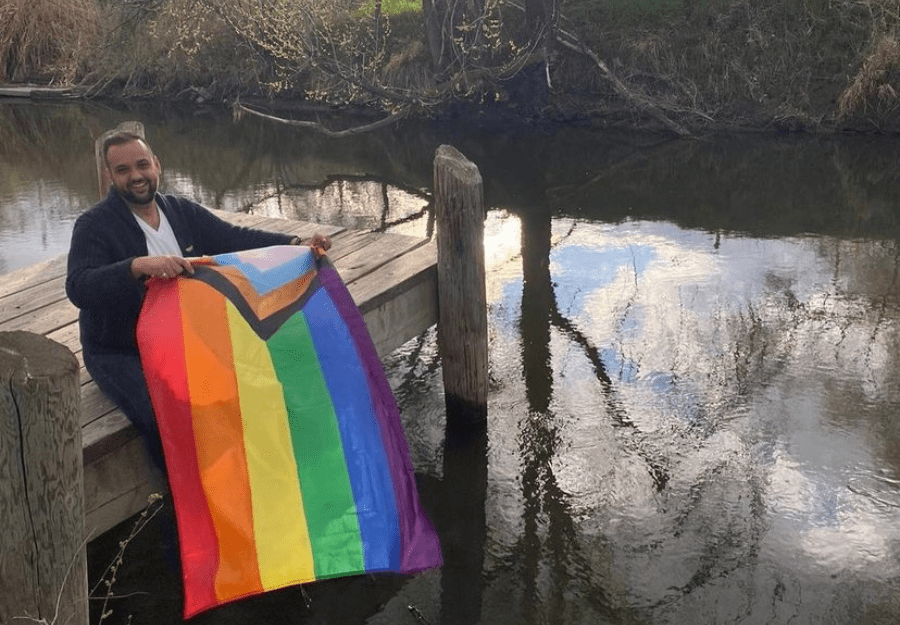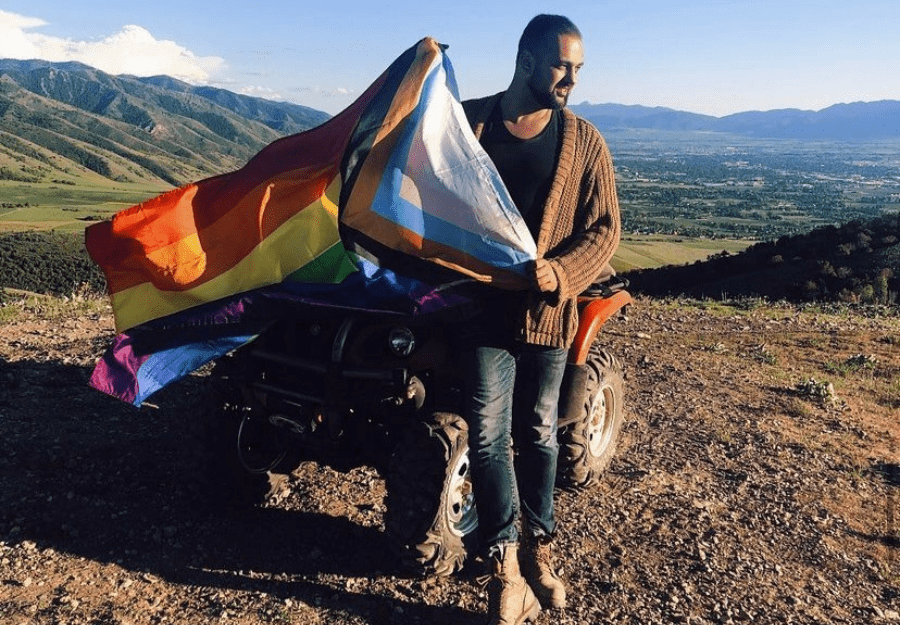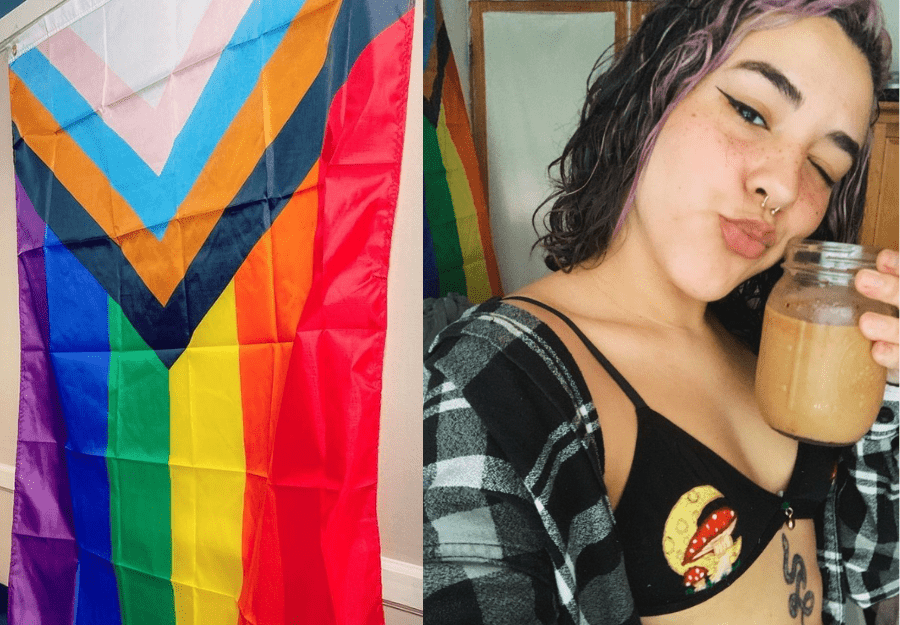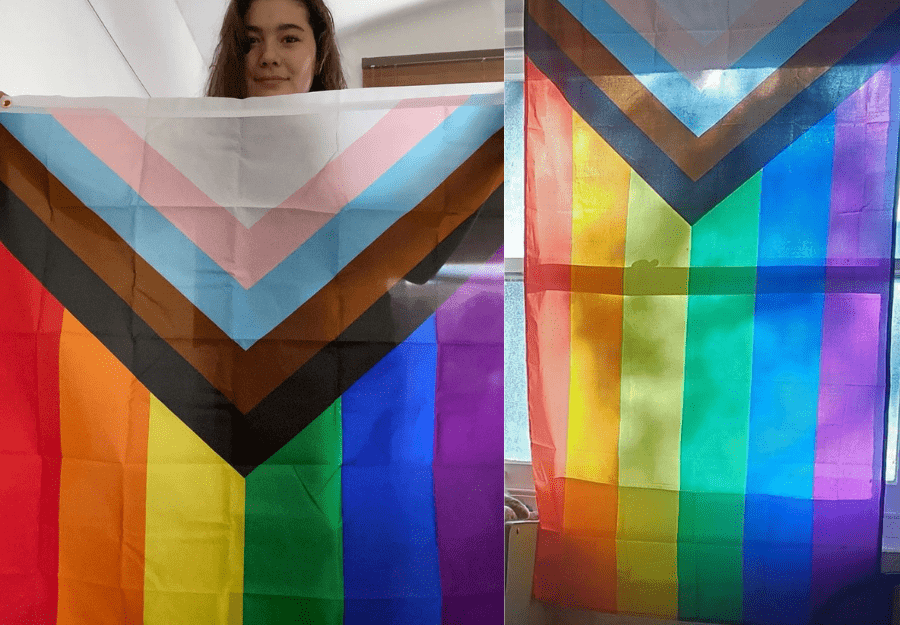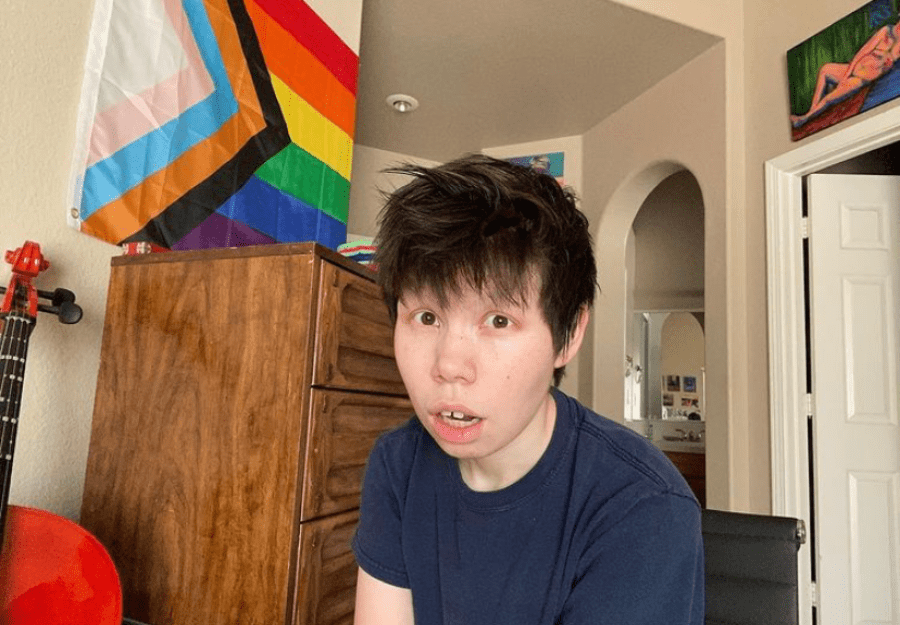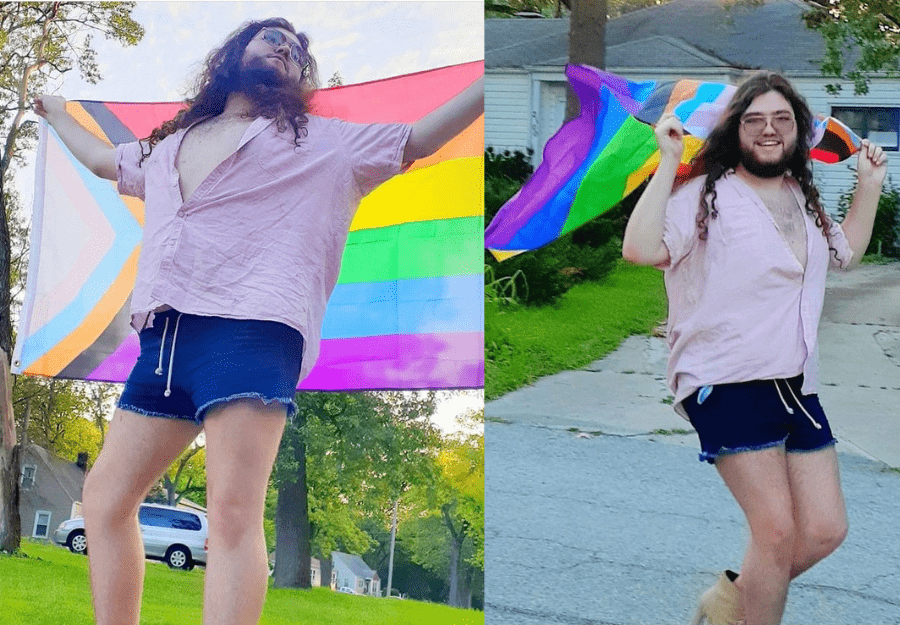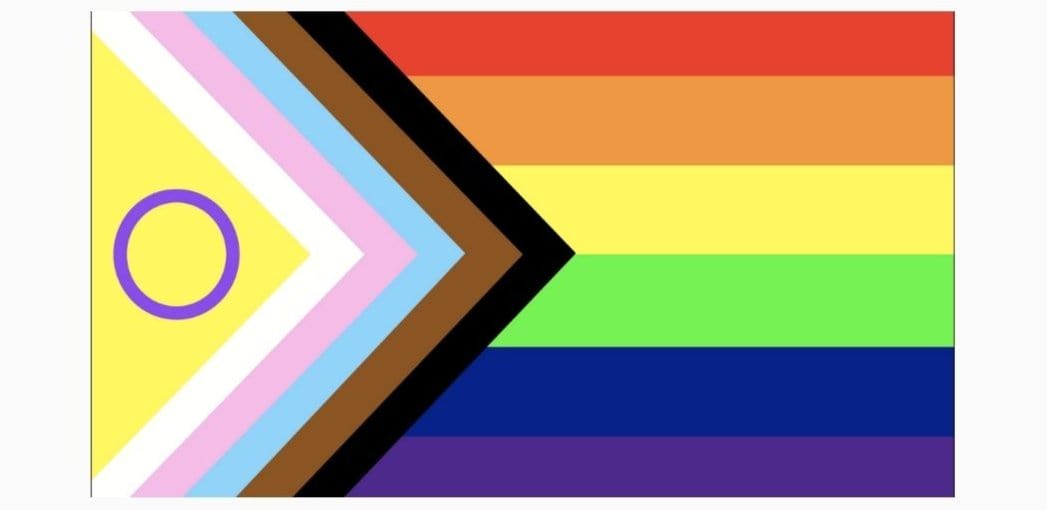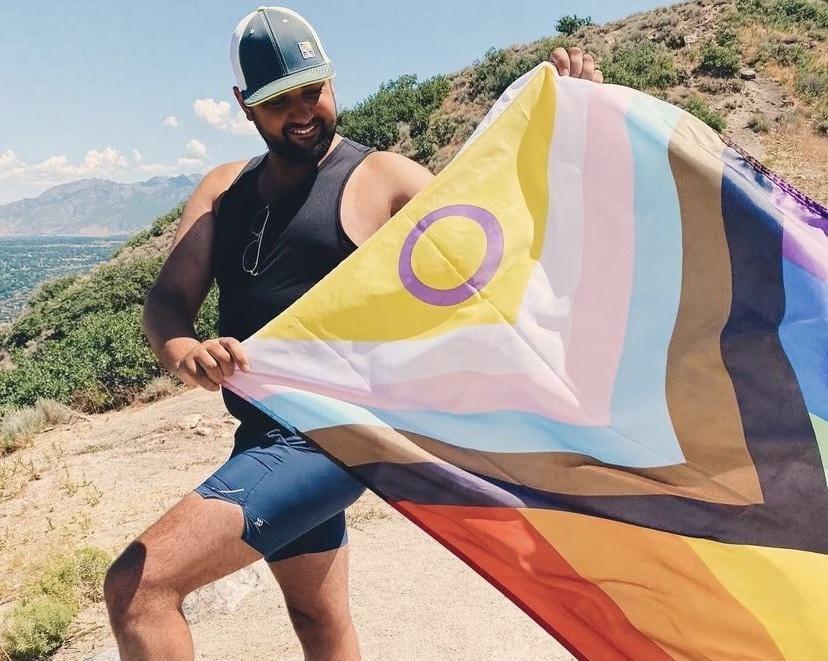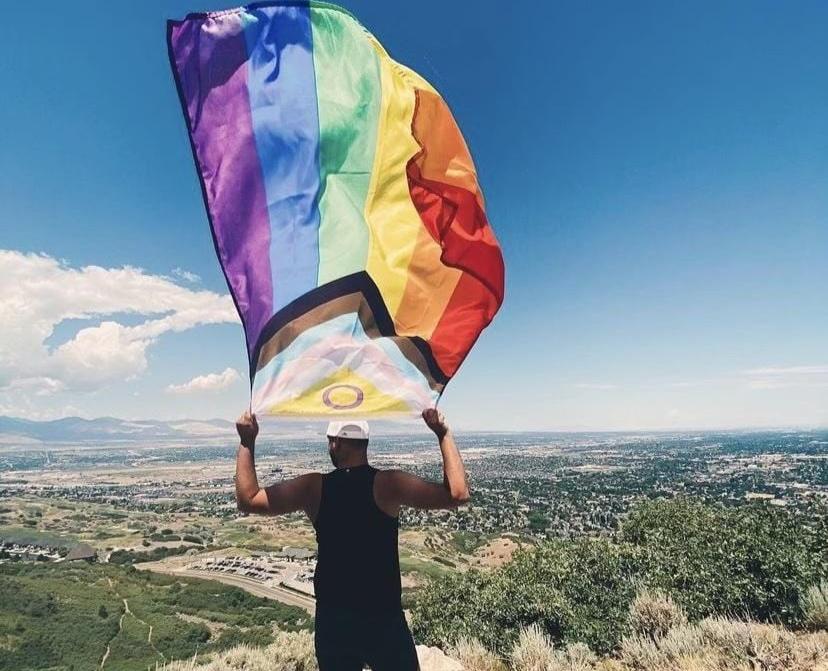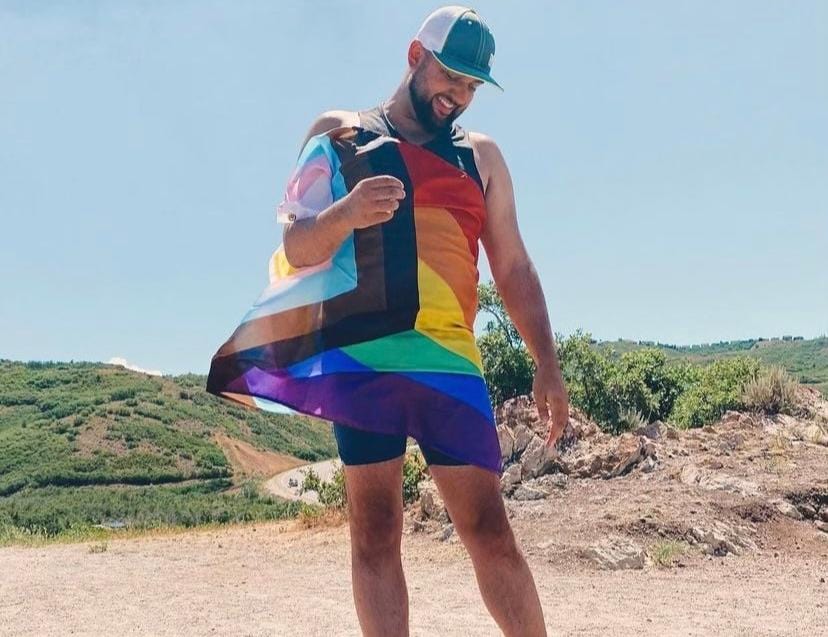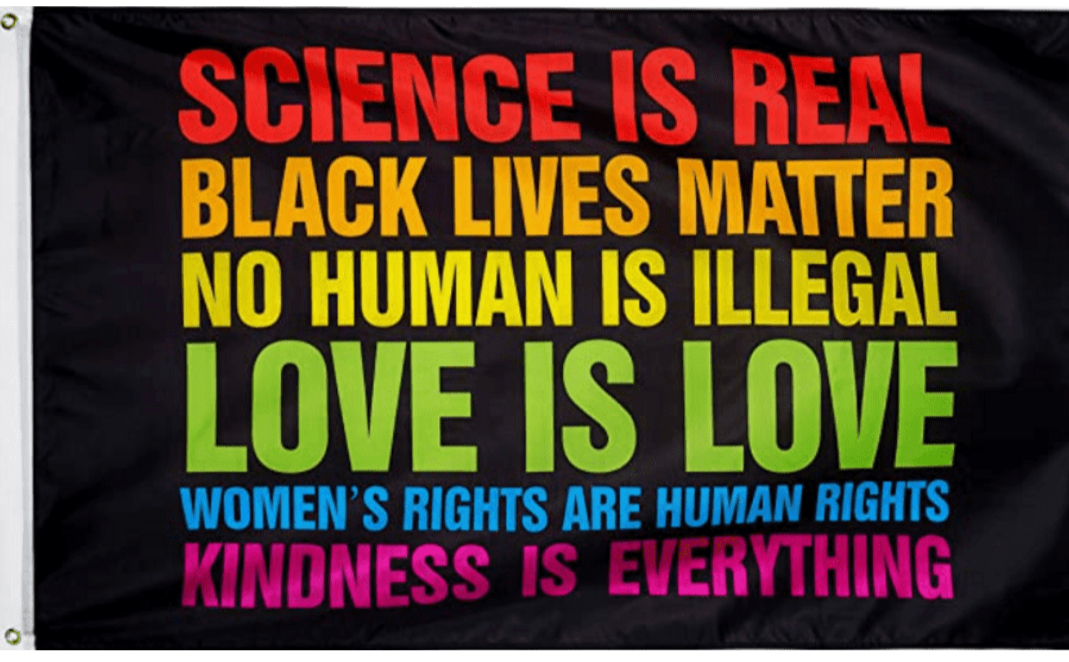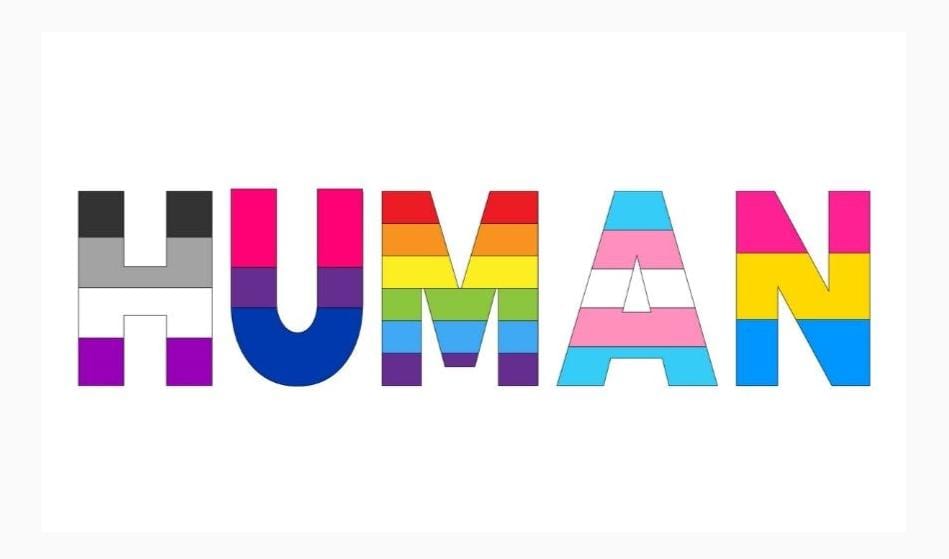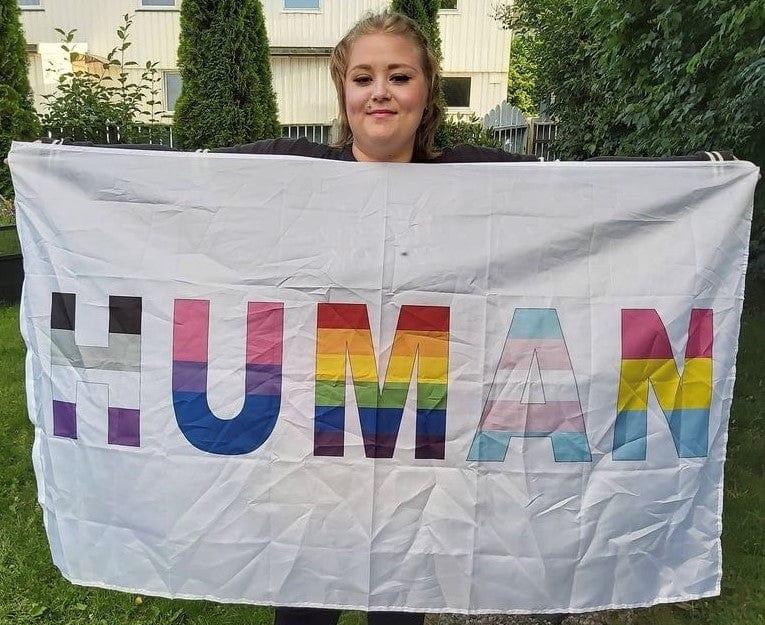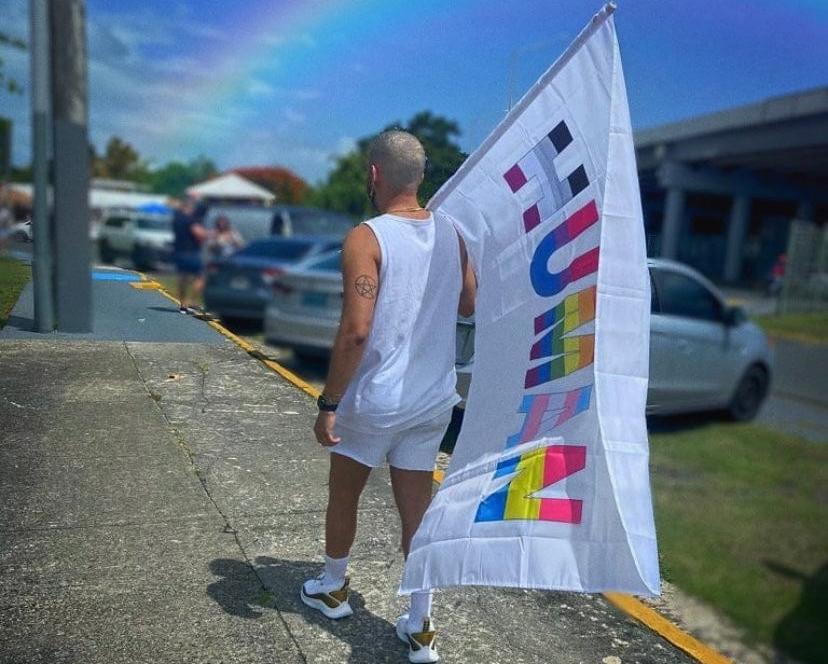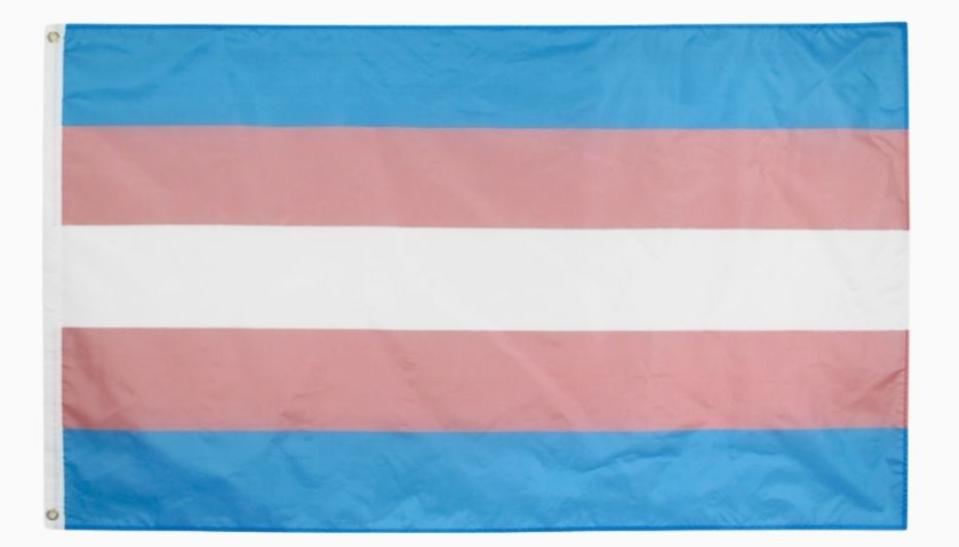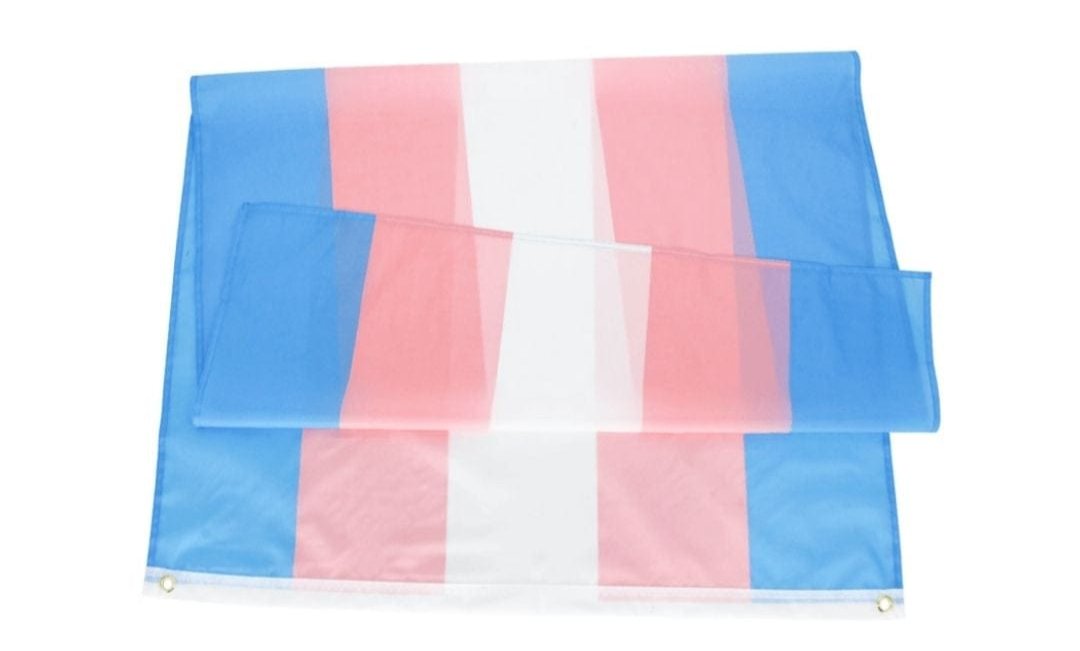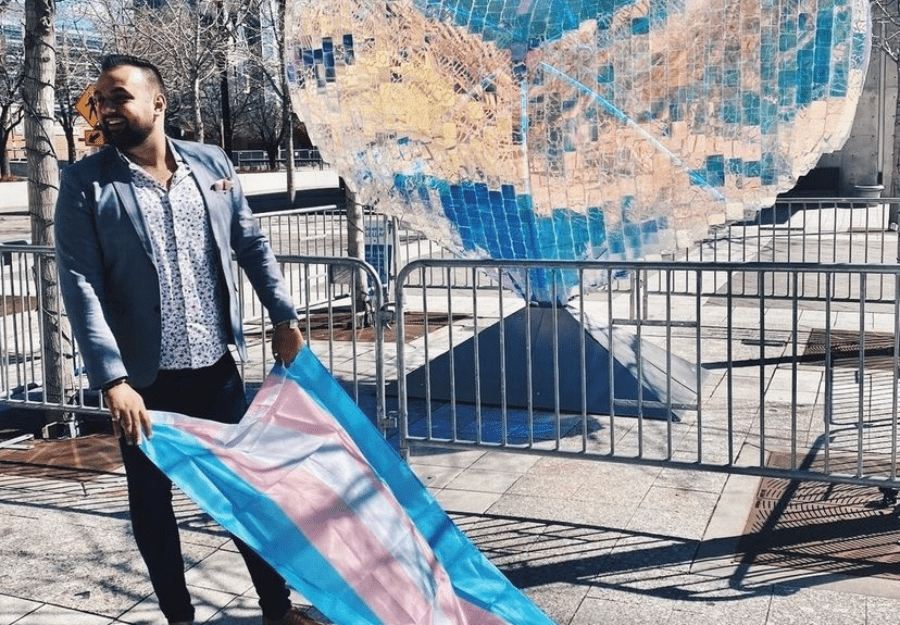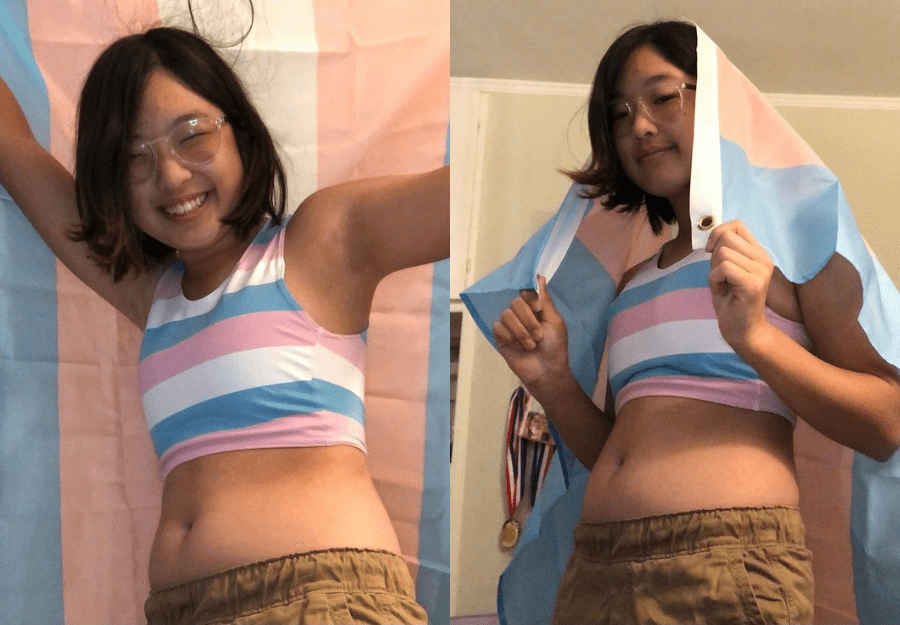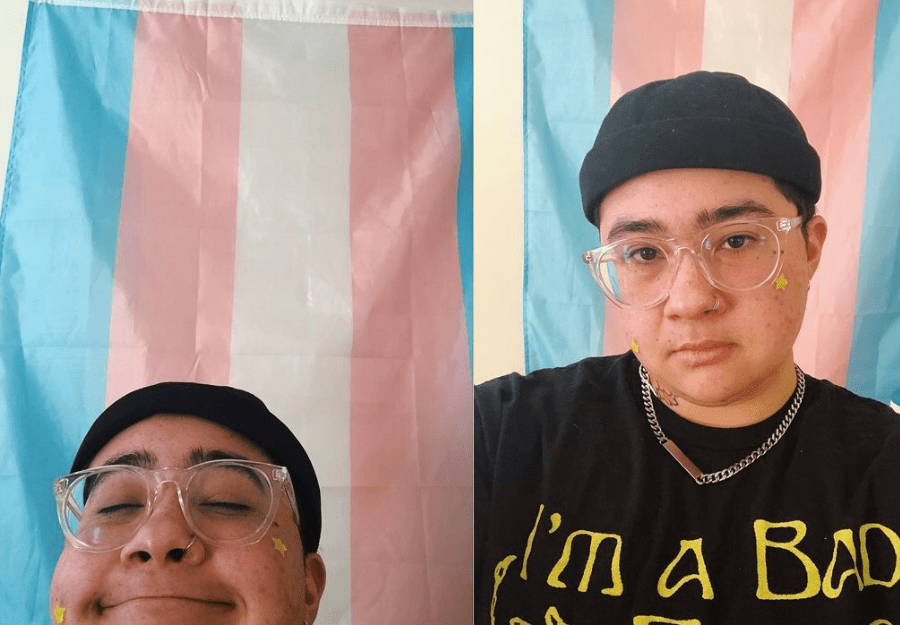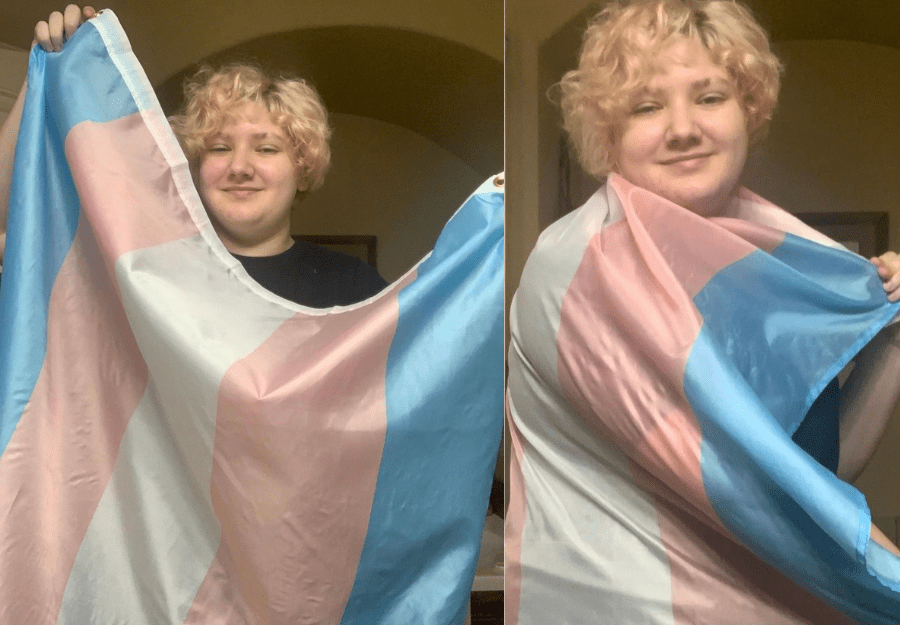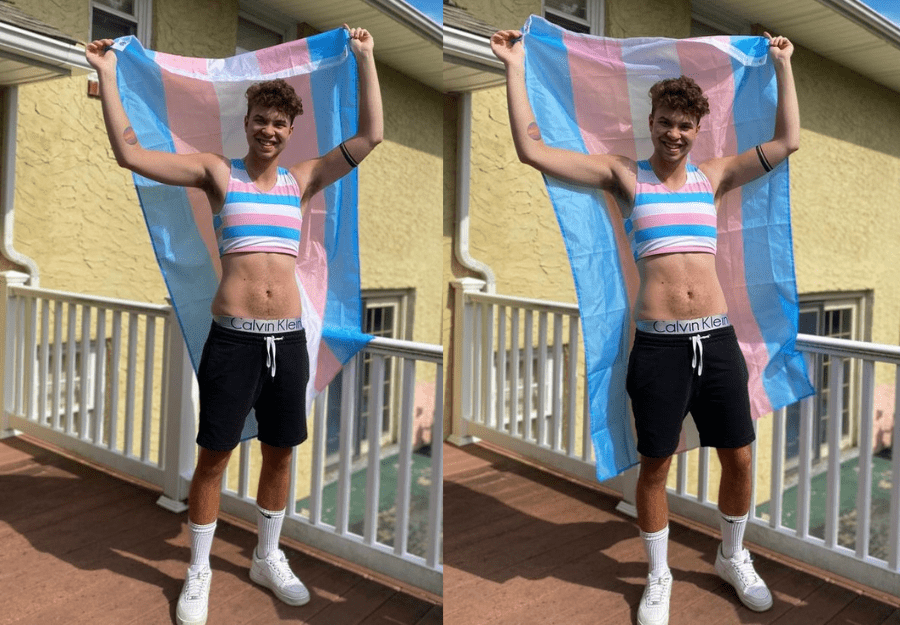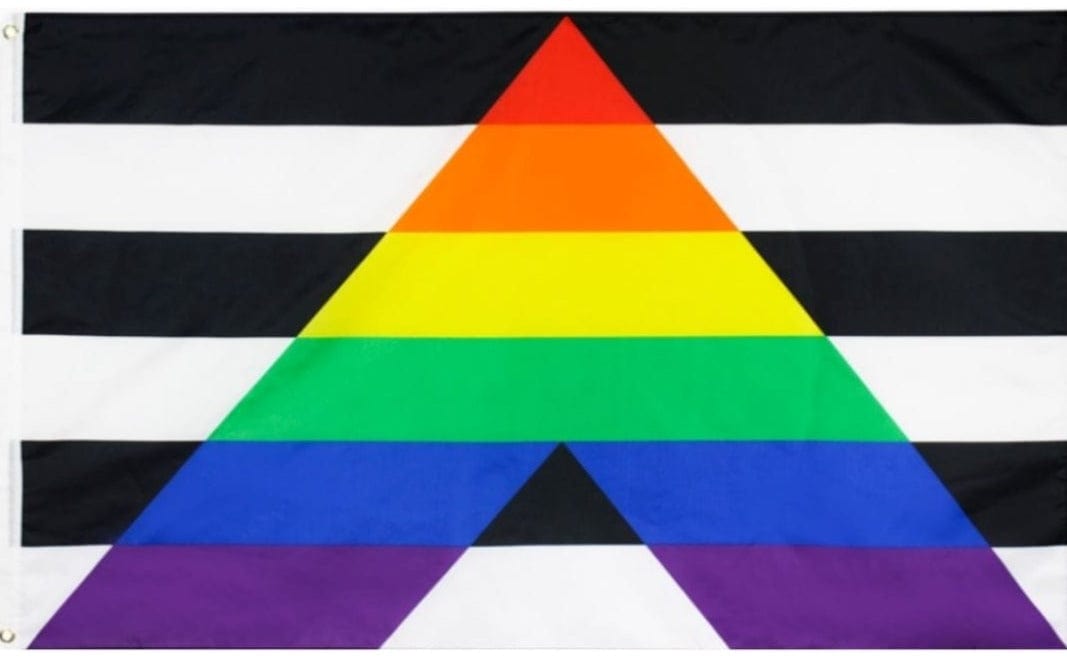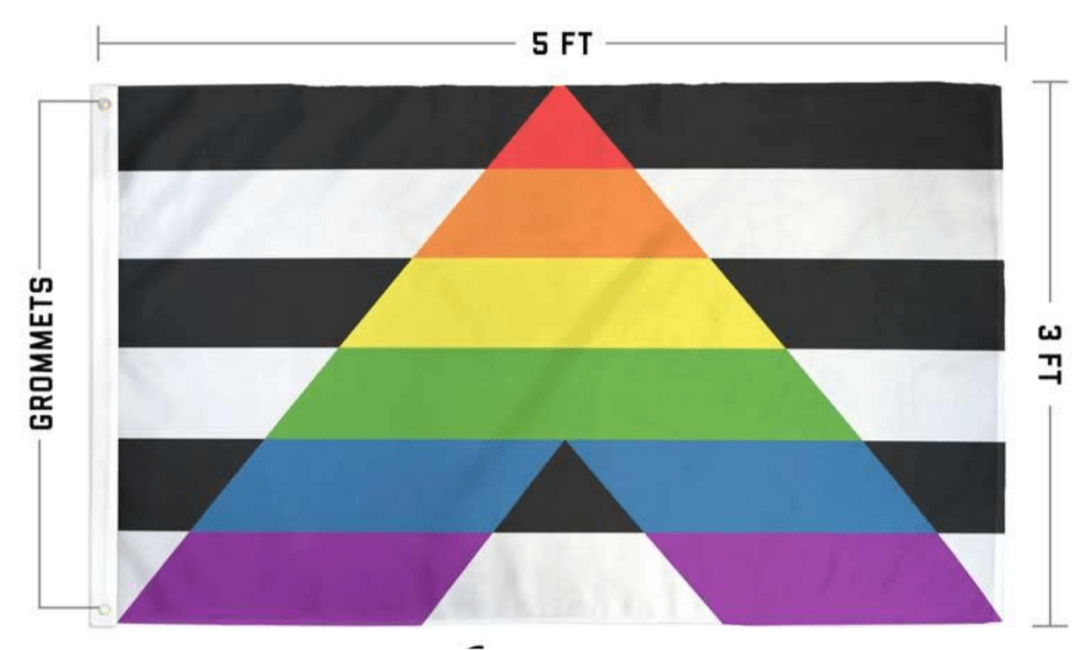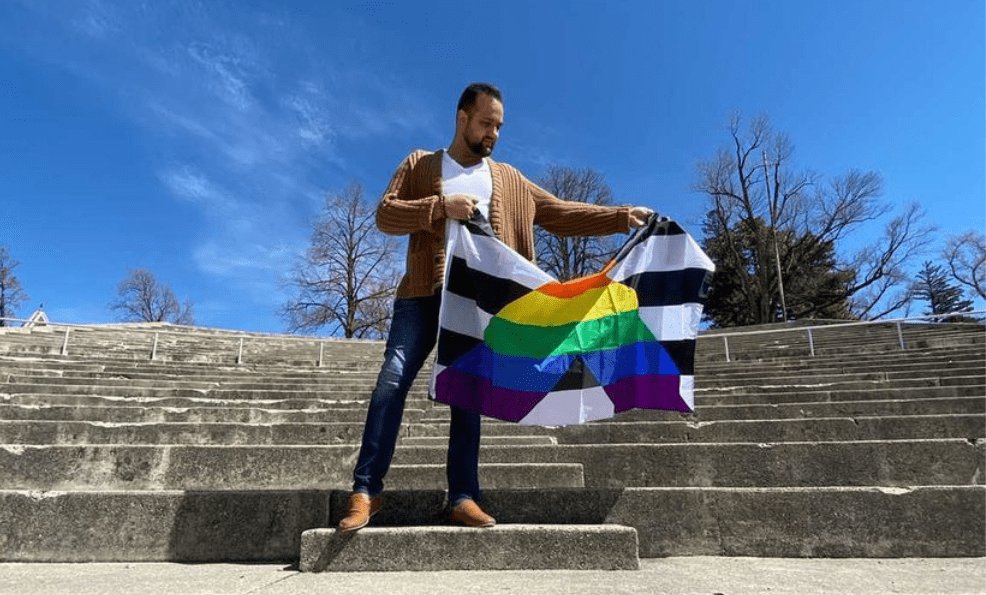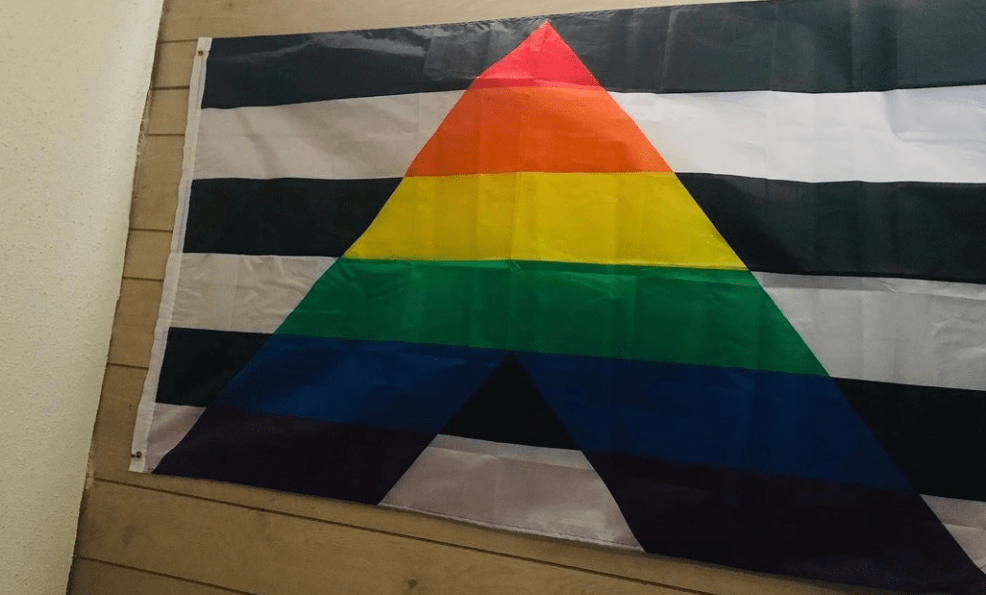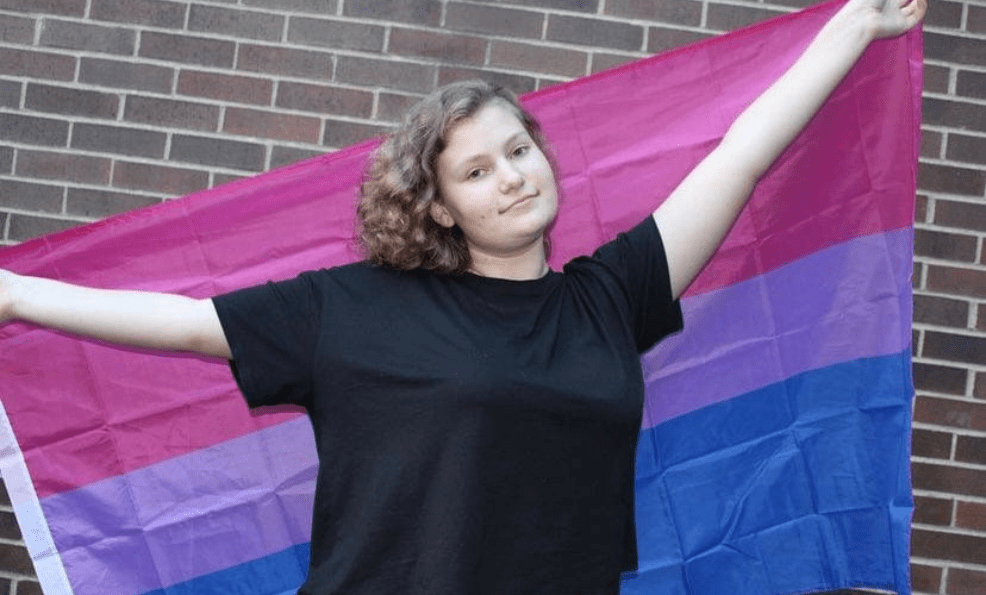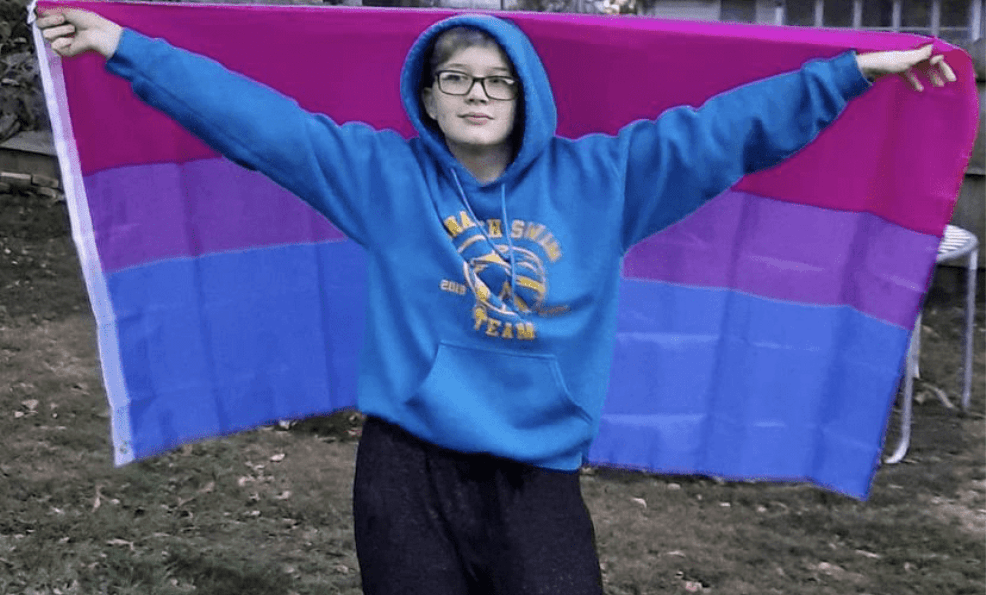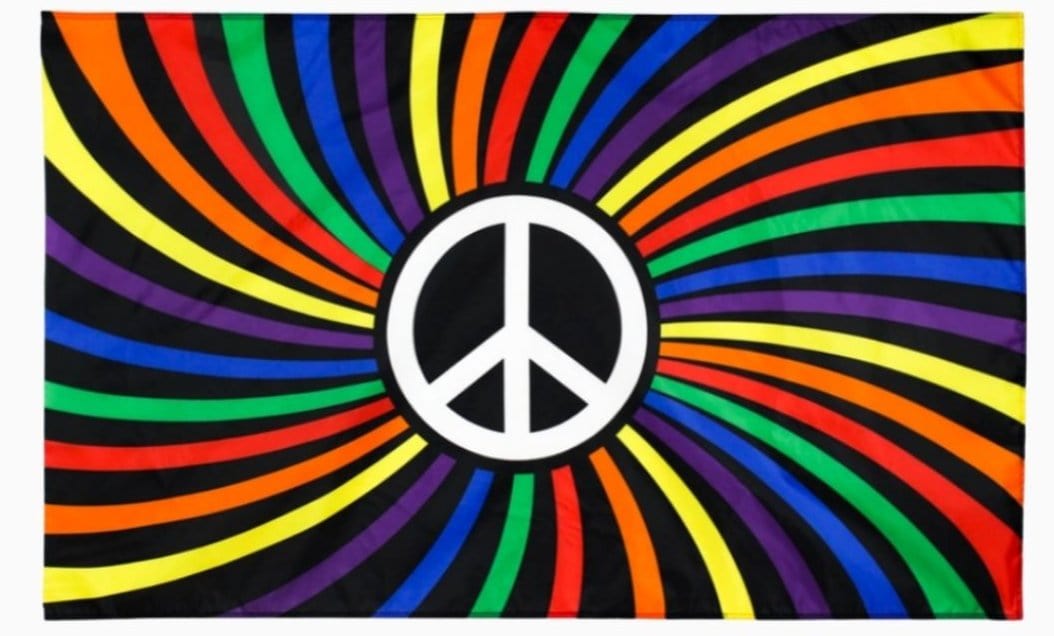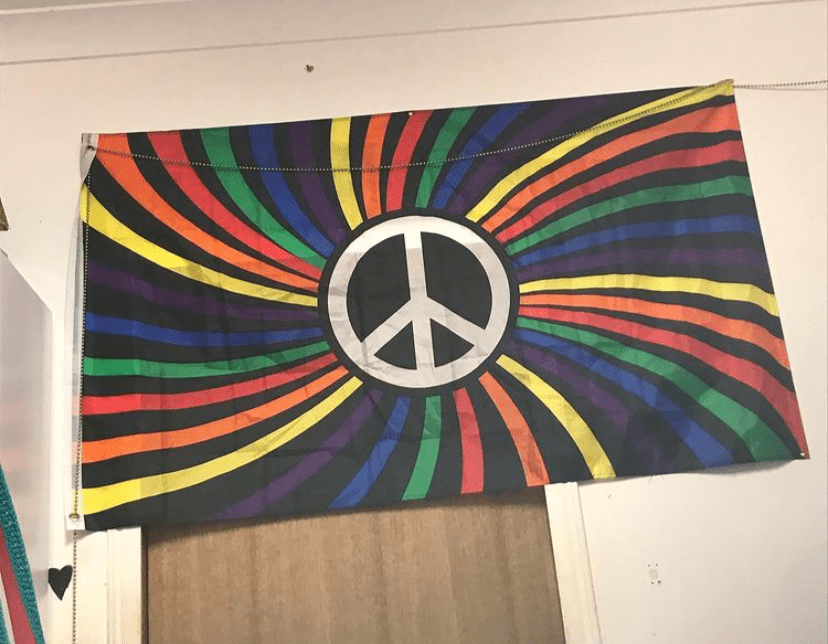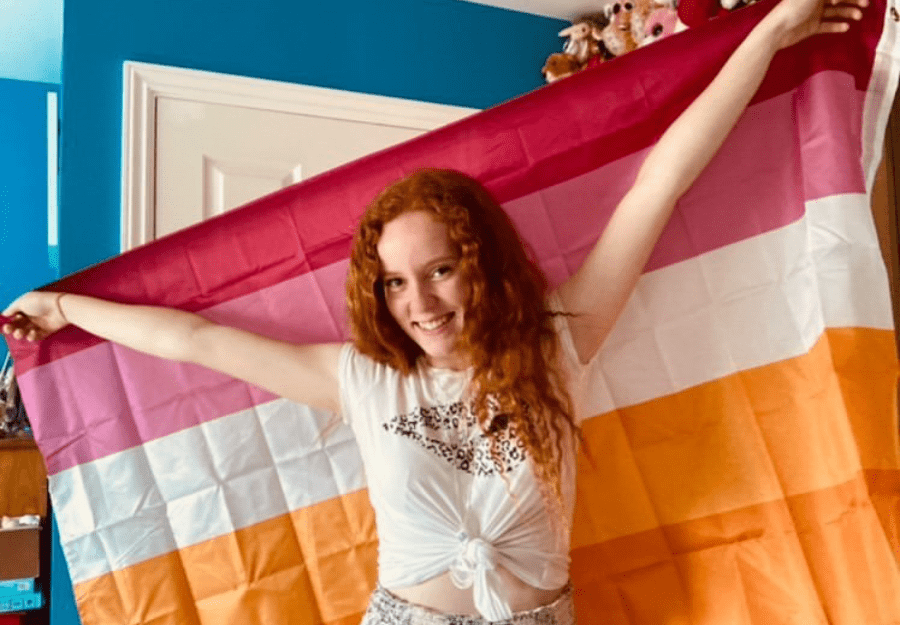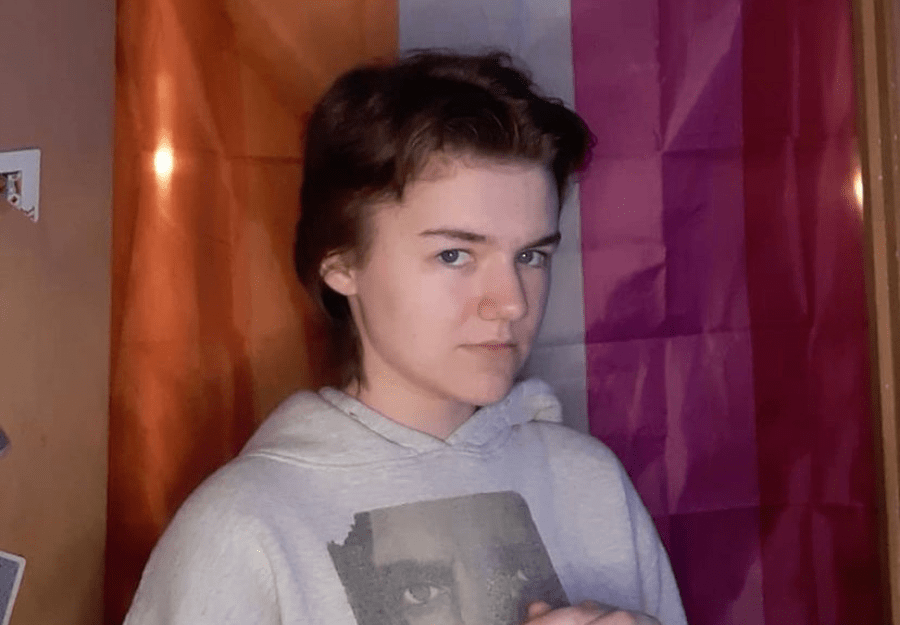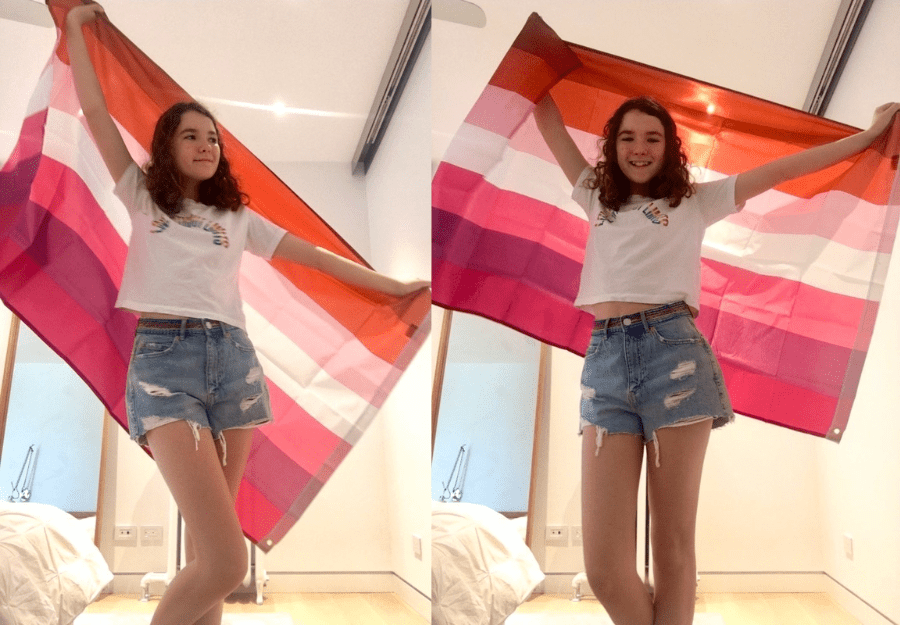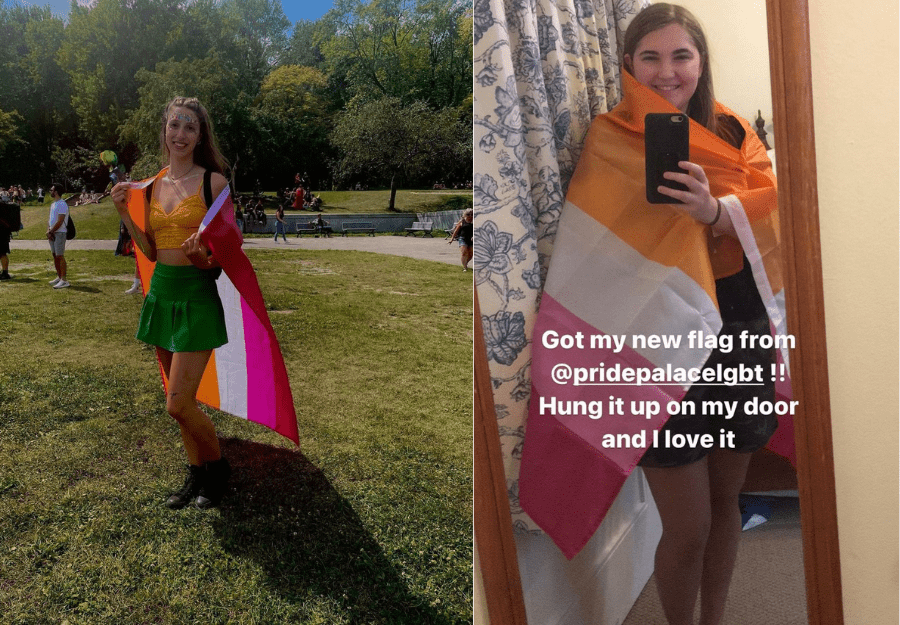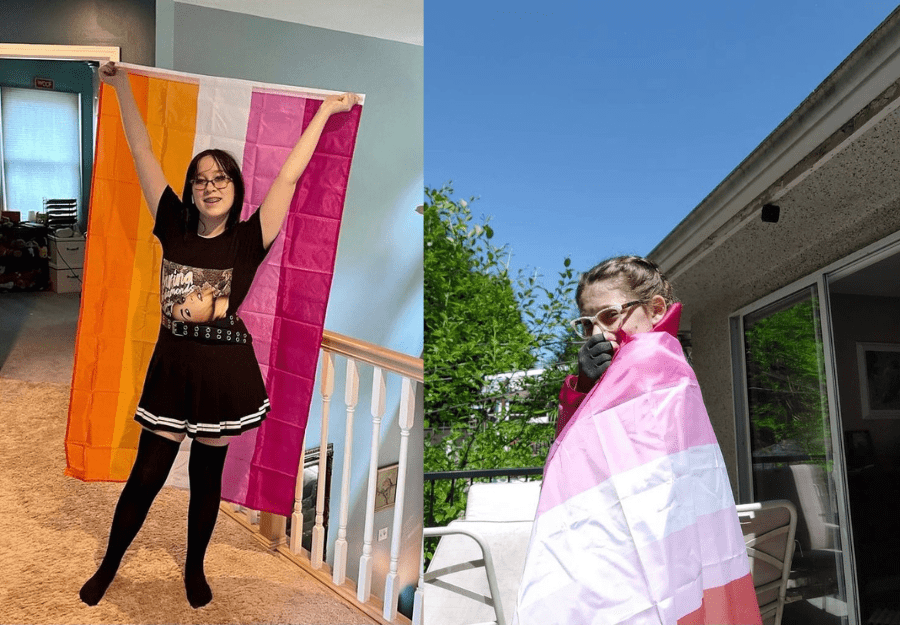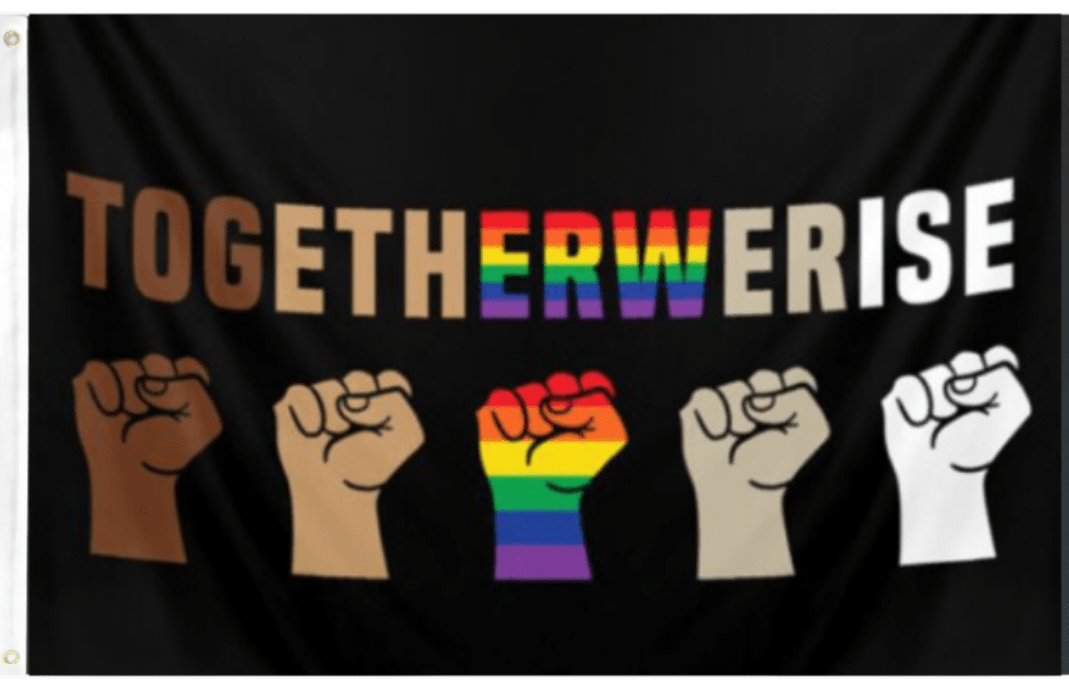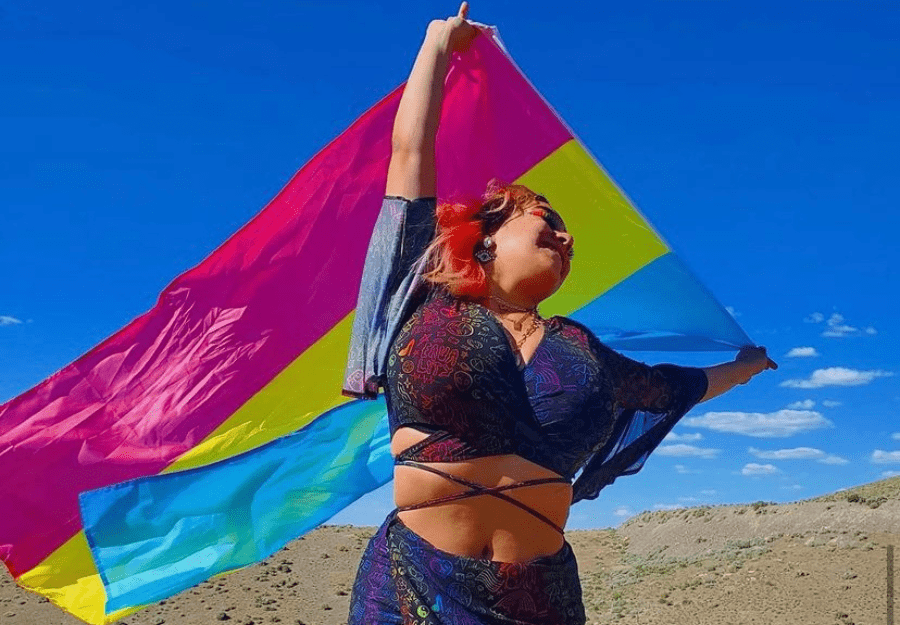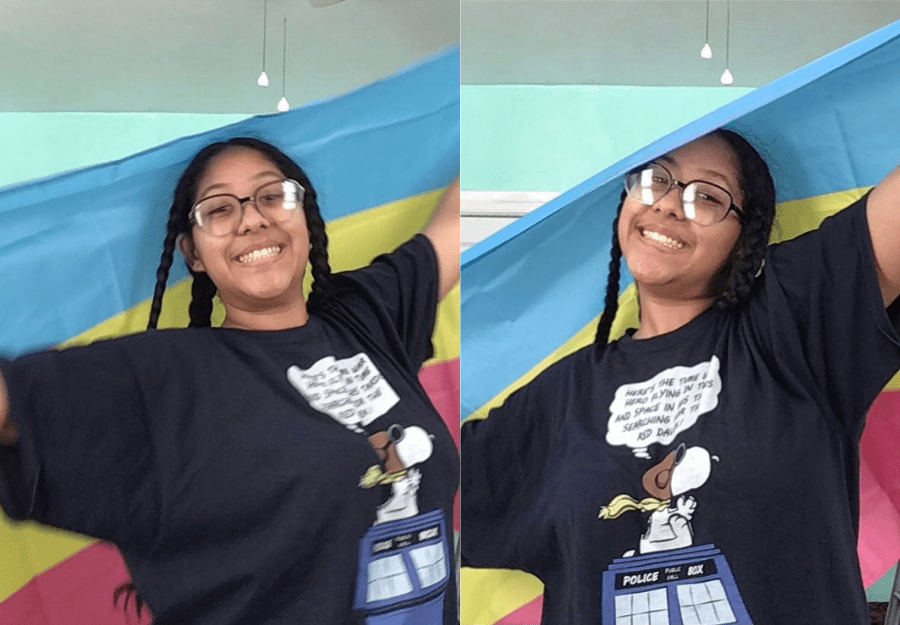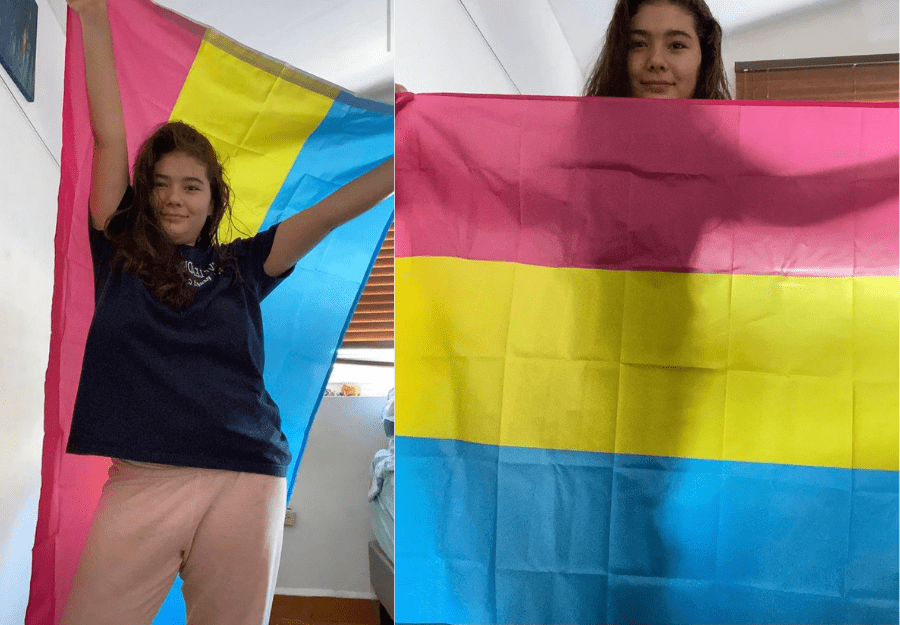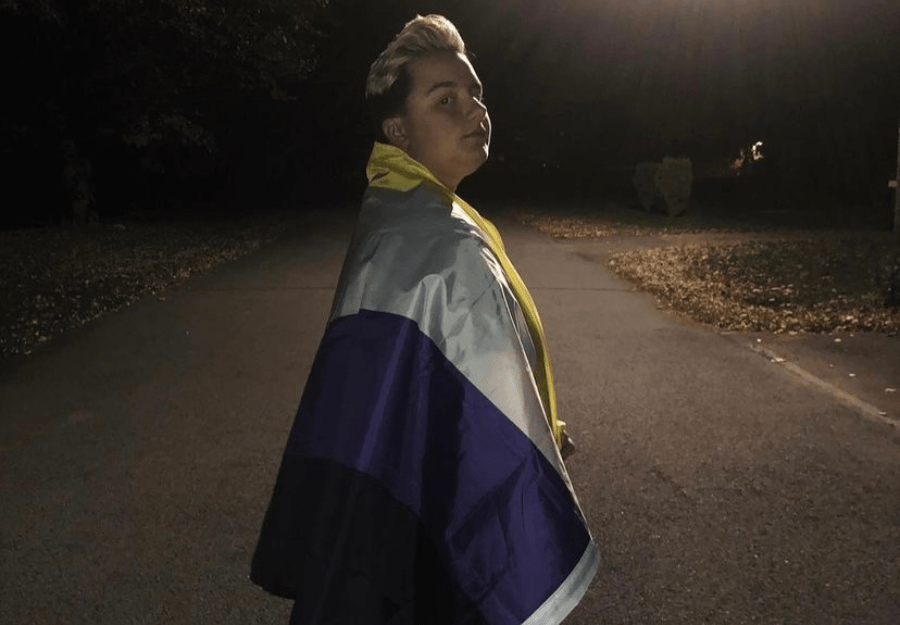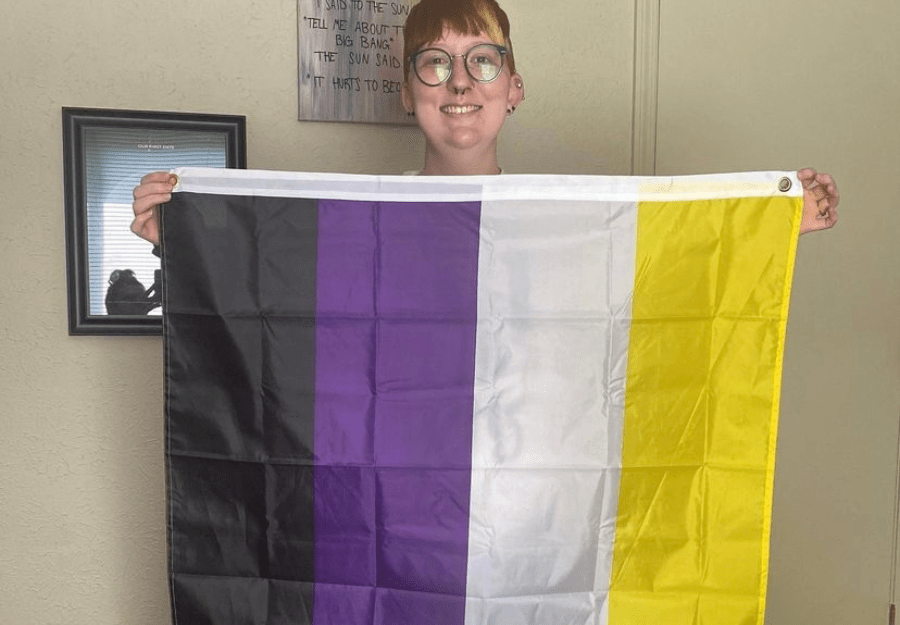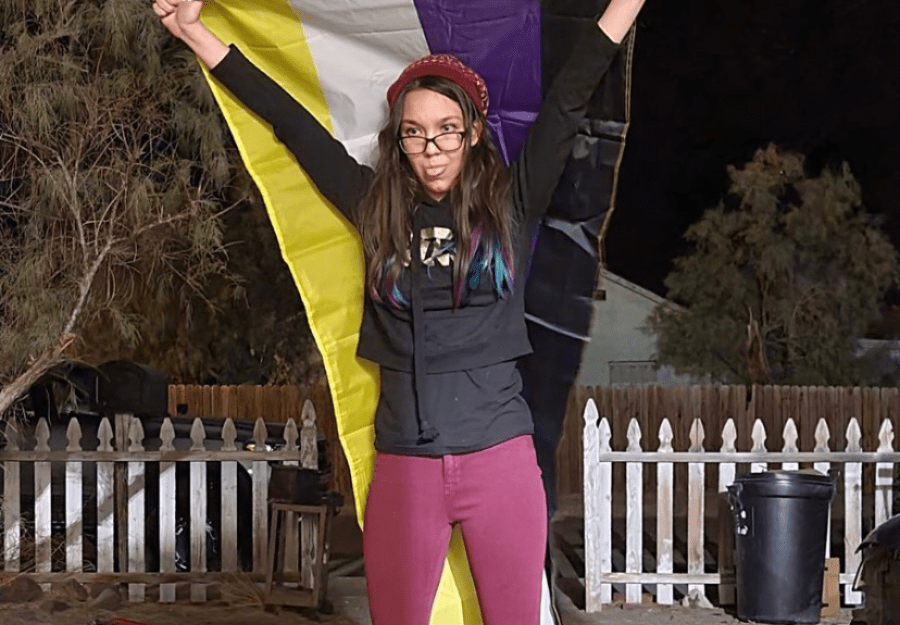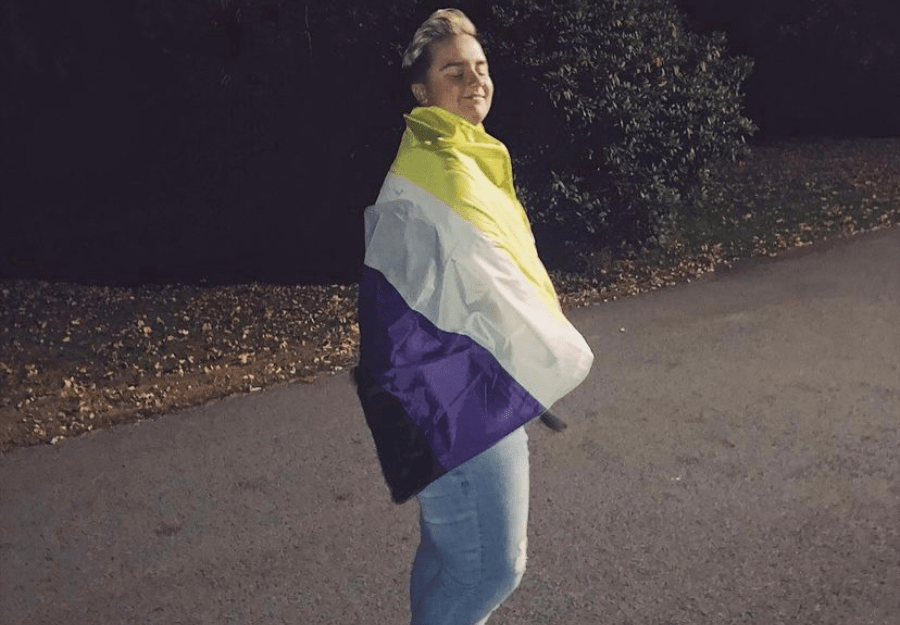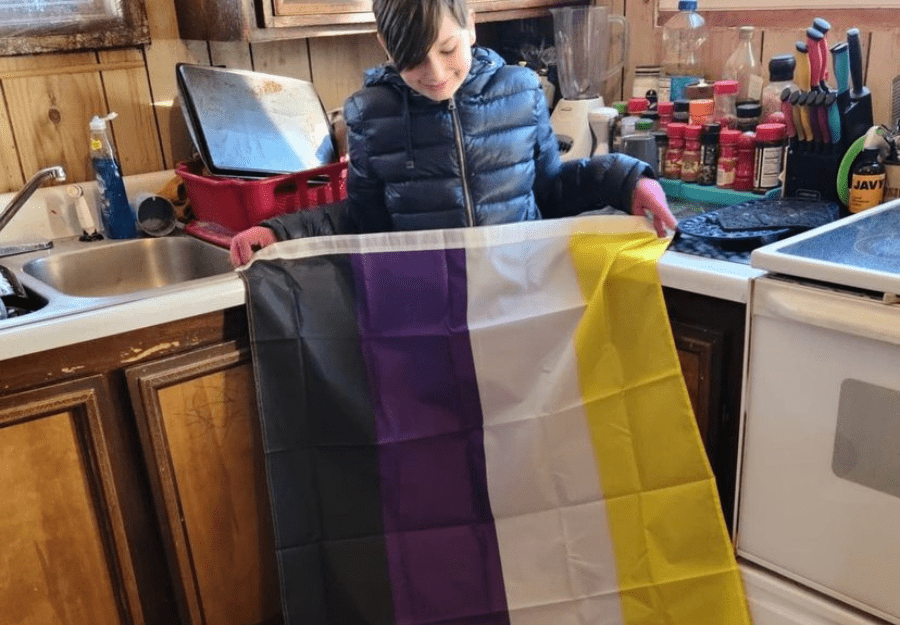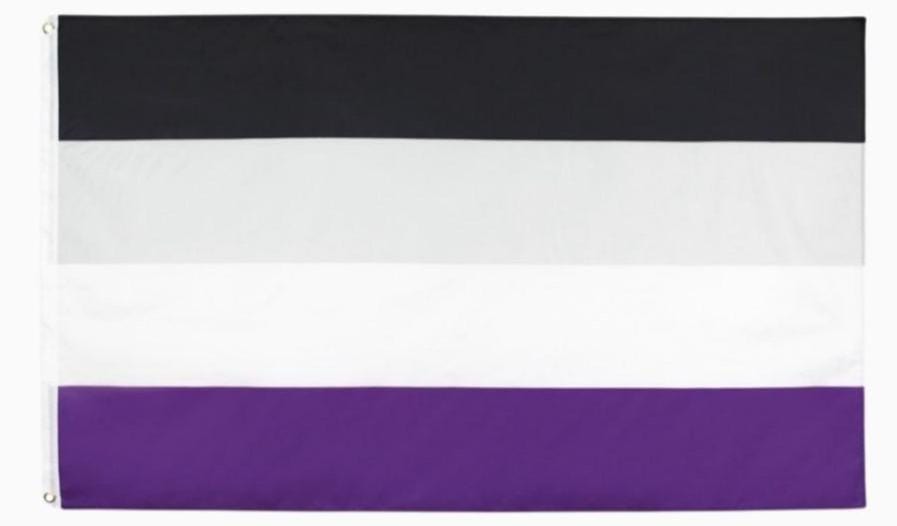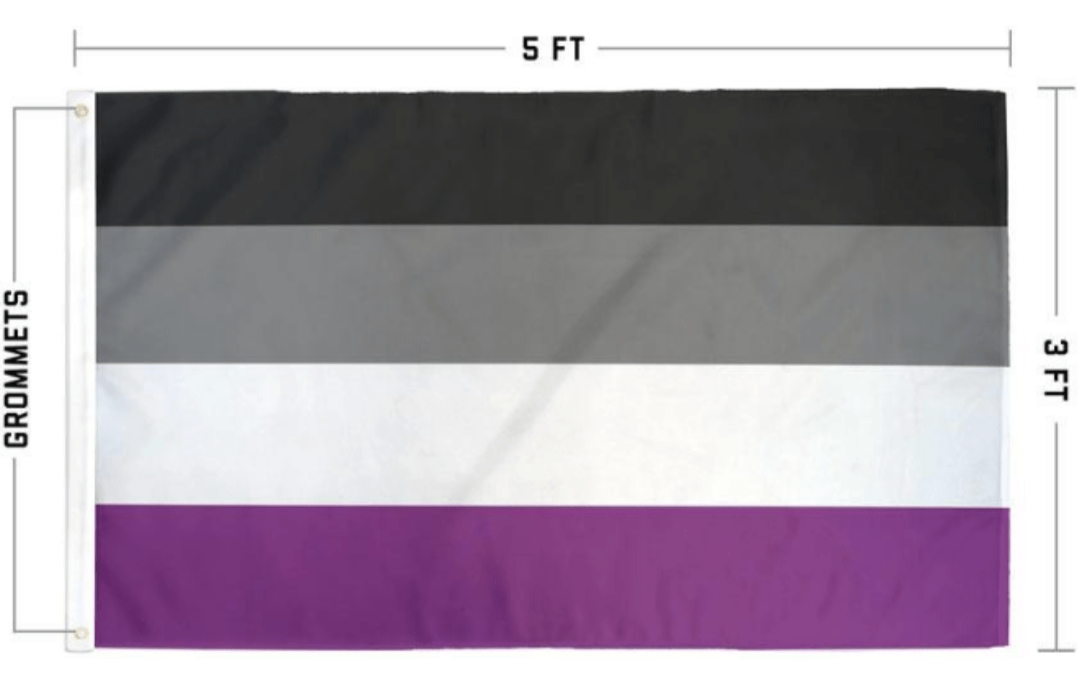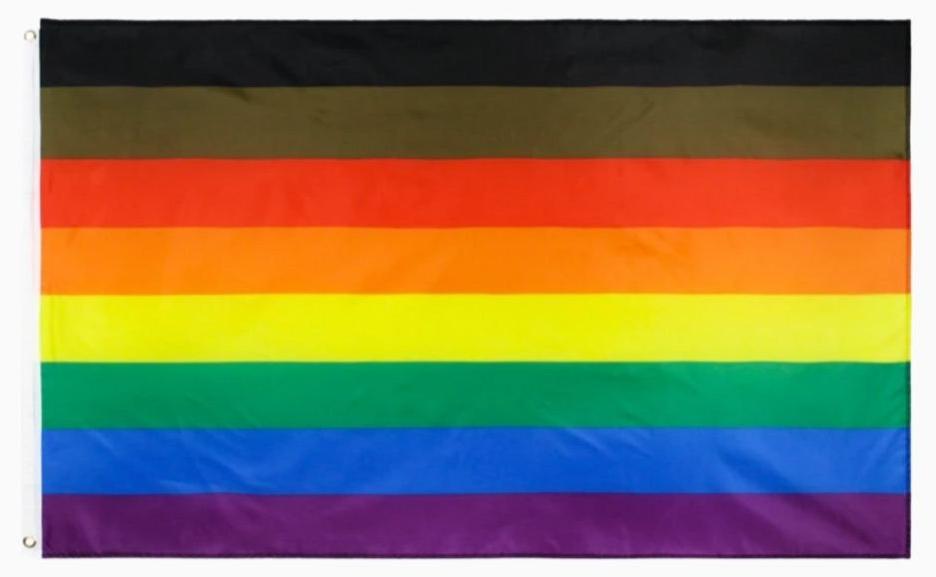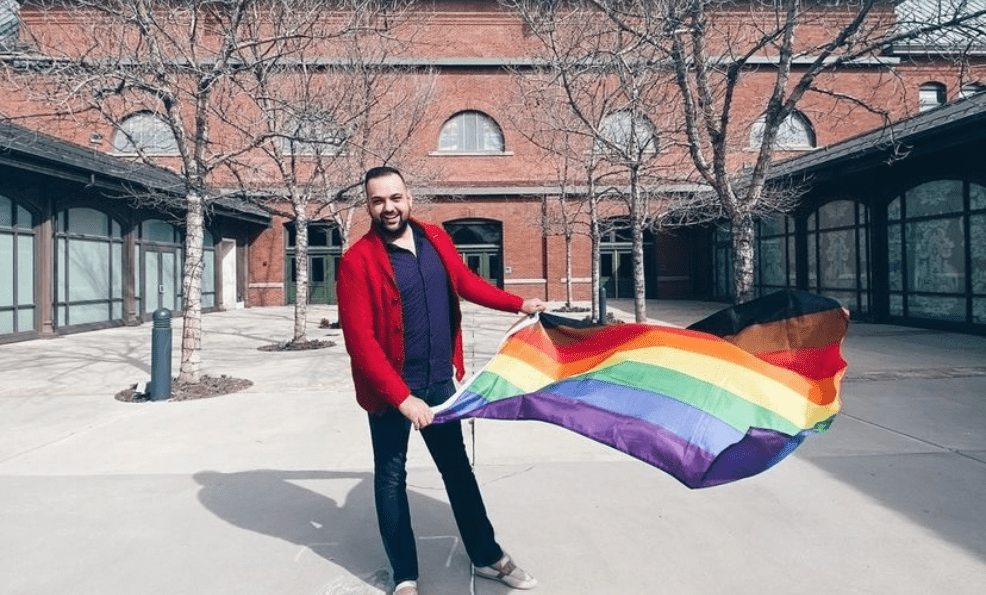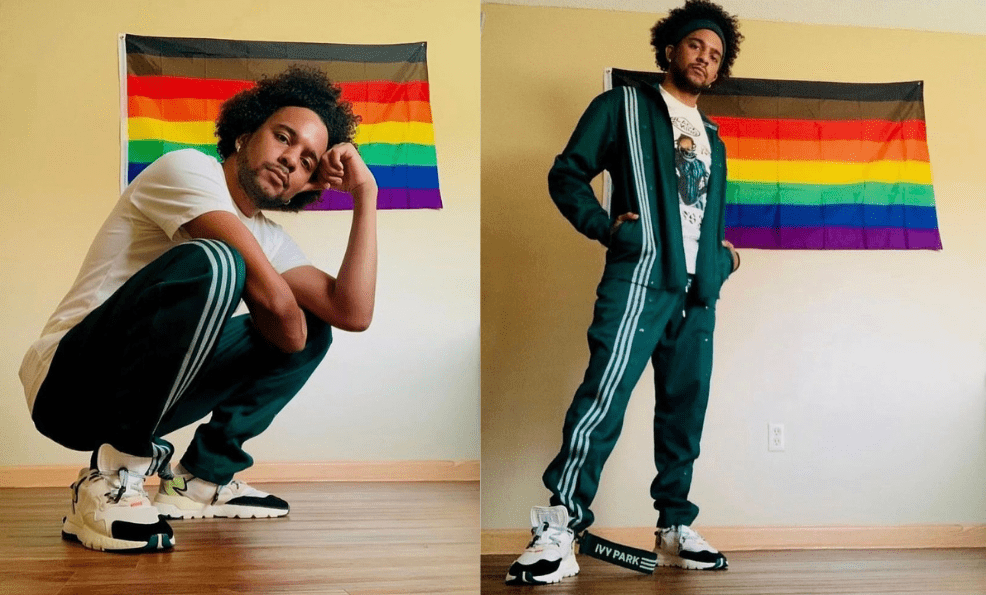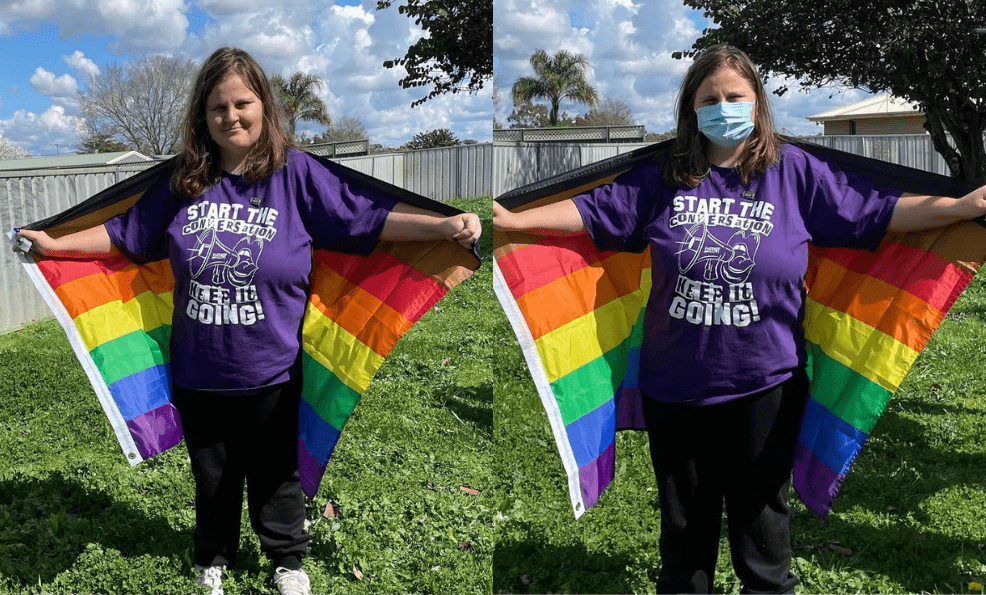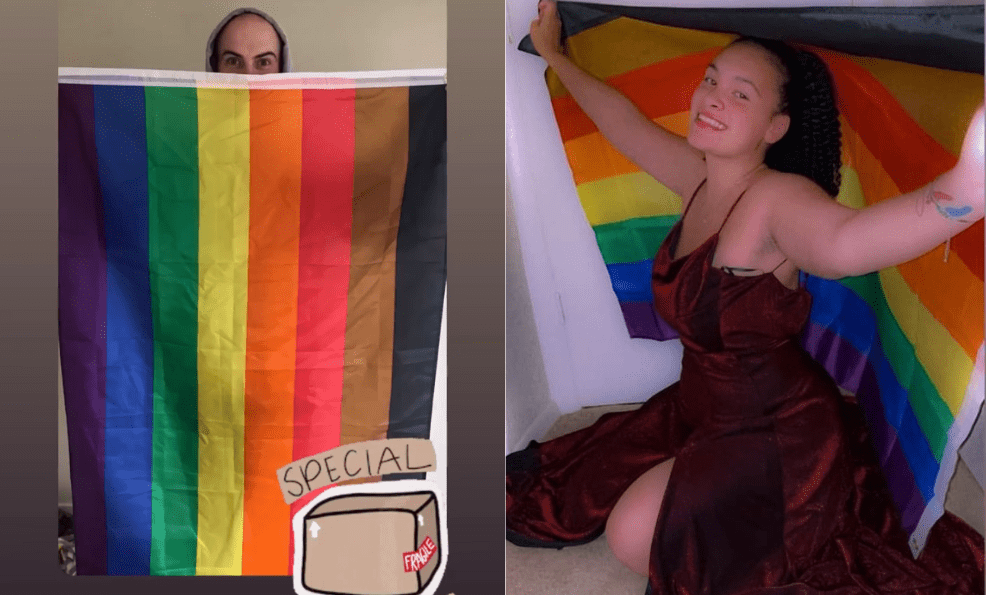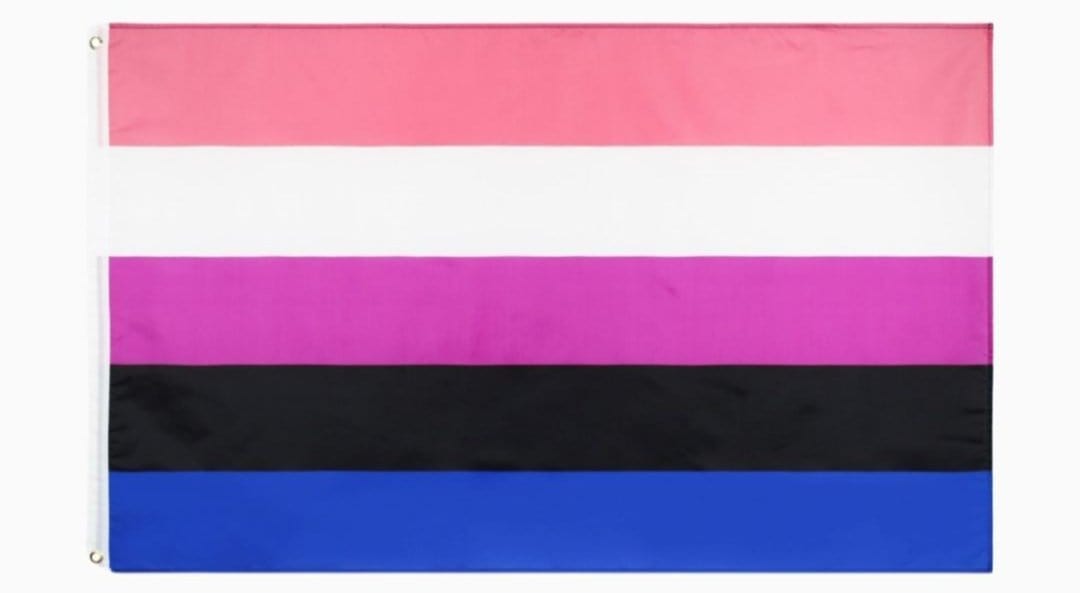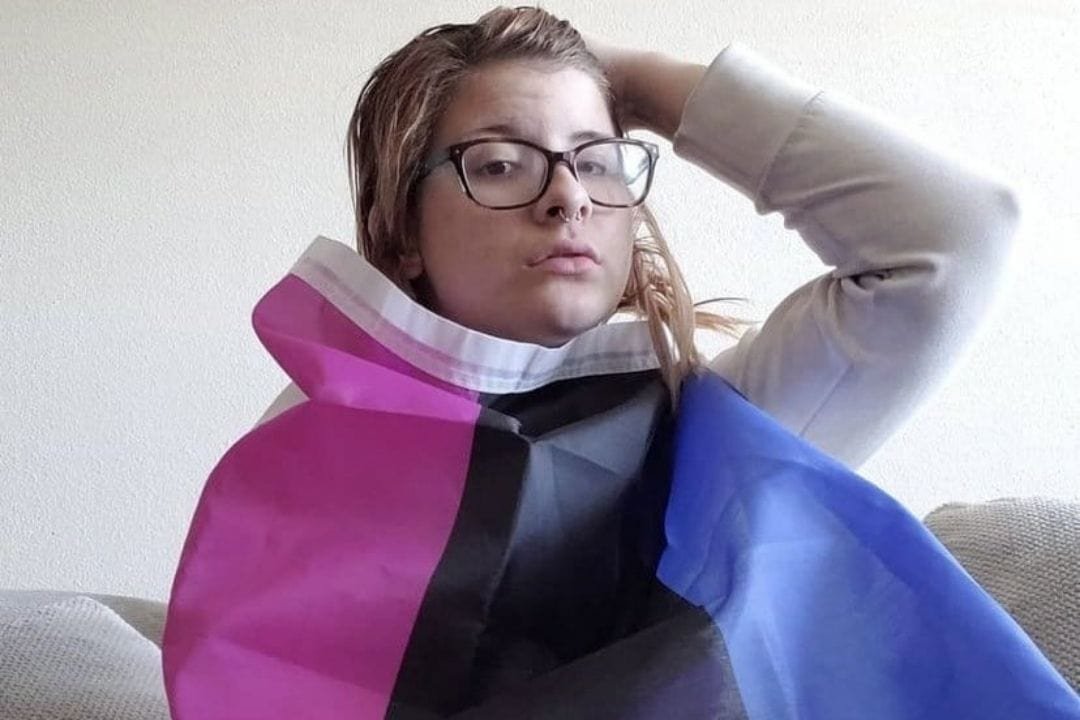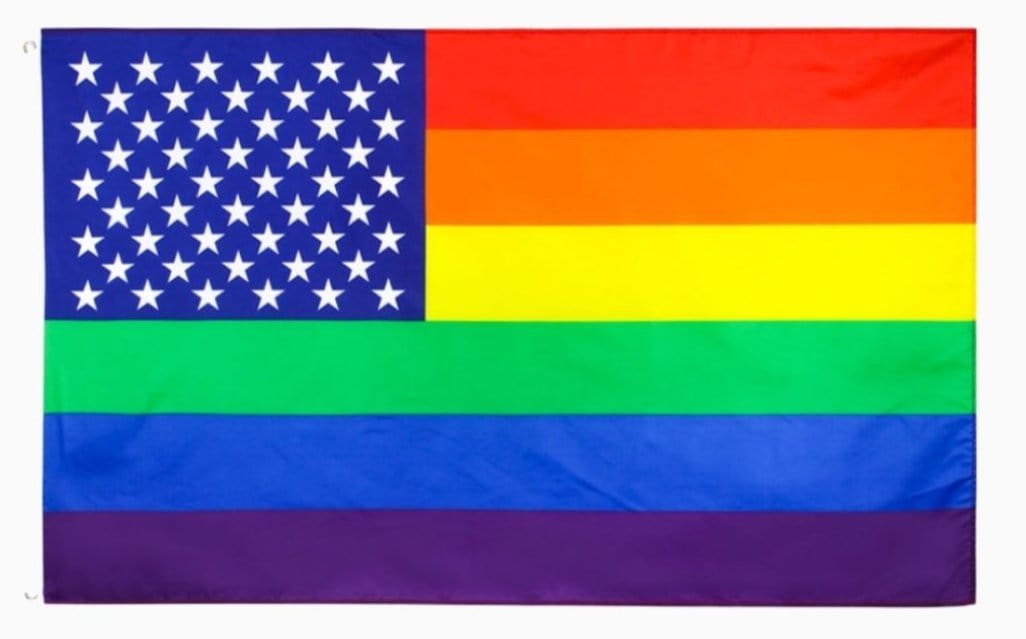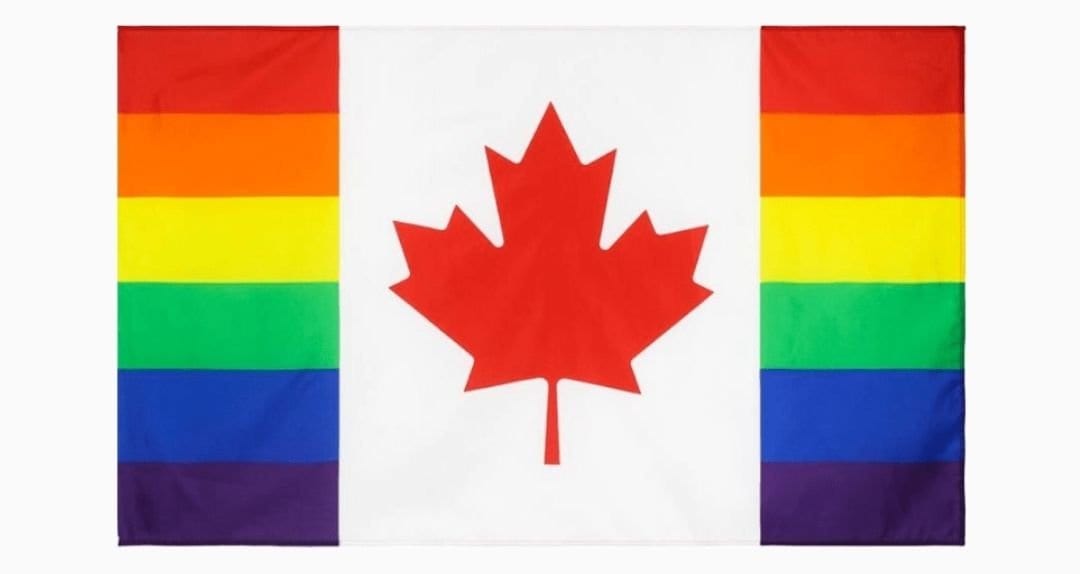The term “conversion therapy,” sometimes called “reparative therapy,” refers to any practices that aim to change a person’s sexual orientation, gender identity, or gender expression for religious or other reasons. These practices have been discredited on a global level. This so-called “therapy” can take many different forms, all of which contain varying detrimental degrees of harmful effects to a person’s mental, physical, and emotional health, safety, and wellbeing. It has already been proven repeatedly that it is unacceptable to subject individuals at any age to bullying to try and change who they are. Conversion therapies currently exist in 30 states across the U.S.
This damaging practice first appeared in the late 19th century. Sexualities and gender identities that diverged from the heteronormative mainstream societal expectations were pathologized. Different groups began to pop up in clusters across the world, advertising their so-called therapeutic services available. Thankfully, both medical and public opinion has come a long way since then. There is now a global consensus that conversion therapy that intends to “cure” homosexuality or queerness is unethical and ineffective.
The umbrella term of conversion therapy can refer to several discredited and dangerous practices. Their end goal might be to forcibly change a person from identifying as gay, queer, or bisexual to straight. These groups’ specific missions might force someone to change from presenting their gender identity from nonbinary or transgender to cisgender. They can take place one-on-one, in an office, at a retreat, or in a conference setting. Licensed professionals, unlicensed professionals, or life coaches can run a conversion therapy practice still largely unbothered by law.
Conversion therapy practices are seldom referred to by that specific name by their creators. This is in order to remain undetected and under the radar. The terminology used is constantly changing and shifting to avoid scrutiny from the press and the general public. Confusion is an effective diversion tactic. Conversion therapies might also be called critical gender therapy, reparative therapy, sexual orientation, and gender identity change efforts.
Just like the plethora of titles, there is also some variety seen in the type of people who typically run these groups, what these organizations look like, and what their practice entails. The spectrum of diversity in these elements makes it harder to take down these organizations as a whole. What is universal across all of these institutions are the lasting effects of harm the onslaught of systematic and familial rejection these places cause.
Some groups attempt to spin and conflate sexual orientation and gender identity with addiction and mental illness. This argument has been widely discredited by every major mental and physical health organization, including the American Psychological Association (APA) and World Health Organization (WHO). All of these major leading groups in medical and psychological research disapprove and discredit these institutional practices.
The countries (and the parts of the US) that banned conversion therapy only regulate and restrict their ability to advertise, but not their ultimate ability to exist. These groups often contest any legal action by arguing that they have the right to freedom of speech. In addition, many organizations are run for free by unlicensed leaders, making it difficult for state laws to hold these places and their organizers accountable for their harm.
Is Conversion Therapy Banned Anywhere?
As of early 2021, only four countries have direct regional laws established in place to prevent conversion therapy in some parts of their country - The United States of America, Canada, Australia, and Spain. In 1999, Brazil became the first country in the U.N. to enact a nationwide ban against conversion therapy practices regarding sexual orientation. In 2018, these practices also expanded to include gender identity. In 2016, Malta became the first country in Europe to ban conversion therapy and take a comprehensive approach to help their LGBTQ+ communities. No one should be made to feel wrong for who they are.
The U.S.’s wide spectrum of interpretation regarding freedom of religion makes a nationwide ban of conversion therapy unfortunately impossible to execute in a simple, clear-cut manner. Most pieces of legislation in the U.S. are geared towards helping individuals under the age of eighteen. For example, in 2020, the state of Virginia became the 20th state (and the first in the South) to outlaw conversion therapy as it is traumatic for its patients. It will not apply to adults who choose to seek conversion therapy of their own volition.
The U.K. has also pledged to ban conversion therapy but still has yet to take any real action on the matter. Being LGBTQ+ is a lovely, beautiful, and, importantly, a completely normal thing. They are at the precipice of becoming a significant global power leading on this issue, so it is very important that the next steps taken are to enact constructive and protective law practices. No one needs to change who they are or who they love to prove their worthiness. You are worthy, fun, bright, and on the beautiful journey of self-discovery that is life!
What Are The Driving Forces Behind Conversion Therapy?
The two most common denominators across conversion therapy centers are the combination of religious leadership and prejudice. Many institution leaders sought conversion therapy treatment themselves when they were young, perpetuating the sad cycle of hurt people hurting other people. These people were often repeatedly taught and told that their sexual orientation, gender identity, or gender expression go against their religious beliefs and their entire schema and worldview. There are no programs or leaders in place within these practices that provide a healthy support system to the people who walk in their doors. Furthermore, religious leaders are often exempt from the provisions in place to protect the LGBTQ+ sent to these places.
With regards to prejudice, the costly effects of familial and societal rejection are monumental. Feeling the emotional effects of rejection in what are supposed to be safe places can leave lasting harm. Conversion therapy that is home-based and supported by parental figures and external therapy through religious figures or therapists contributes to physical and mental health problems in adolescence and adulthood. Any sexual orientation or gender identity change efforts on an individual will cause harm, full stop.
Again, there is zero scientific evidence that conversion therapy works. It causes more damage than healing, using manipulation and fear as tactics to force someone to be untrue to themselves. Instead, resources should be provided to those in need that provide helpful therapy services, emotional and educational support. The goal should be to increase support and reduce rejection. That is how we can uplift our peers, ourselves and work together as an accepting community.
The Struggle Of Dismantling Conversion Therapy During The Coronavirus Pandemic
Conversion therapy is a dangerous and widely discredited practice that must be stopped across all 50 states and beyond globally. Currently, there is no federal law banning conversion therapy for children. While there were several calls to action against conversion therapy in early 2020, the pandemic outbreak hindered a lot of progress to protect LGBTQ+ youth. Many states experienced legislative rollbacks. In Florida, for example, there were several county-level measures that were challenged on the argument of free speech. Some were shot down, but others are unfortunately in an appeals process.
Conclusion
Contrary to the preachings of these conversion therapy groups, there is no evidence that psychological or physical intervention can change someone’s gender identity, gender expression, or sexual orientation. That is because these things are not a choice. At the most, a person might find a way to bury their thoughts and feelings deeper inside themselves. Furthermore, the studies on conversion therapy do not contain scientifically sound research or covered the devastating systematic harm they cause. That is why when reviewing scientific and psychological studies, it is vital to take into account quantitative information.
Although conversion therapy practices are still legal in far too many places, there are actions you can take besides cutting through the bureaucratic red tape to try and enact change. There must be culturally appropriate education, guidance, and support services for families and religious leaders to provide accurate and helpful information and resources on gender and sexual identity and expression.
Sources:
This Is Where LGBT ‘Conversion Therapy’ Is Illegal | Forbes
Queen’s Speech 2021: U.K. To Ban So-Called ‘Conversion Therapy’ | Washington Post

